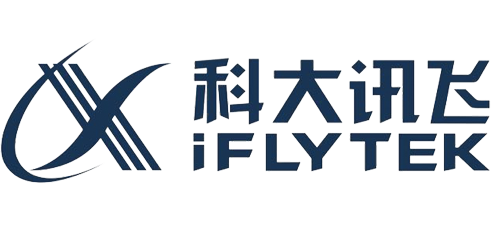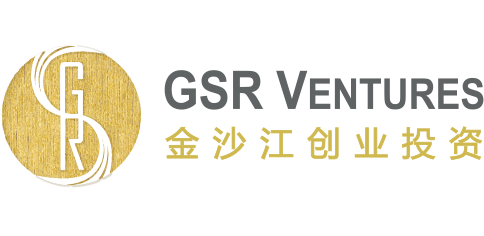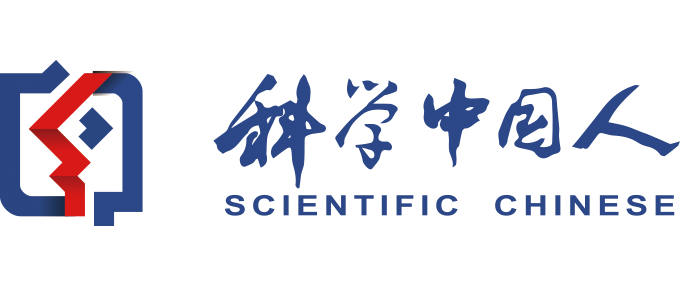The Future Science Prize is the first world-class, privately sponsored science prize in China. Since 2016, a set of annual awards were bestowed in three categories: life science, physical science, mathematics and computer science, in recognition of high-impact scientific advances in Mainland China (mainland), Hong Kong, Macao, and Taiwan. The Future Science Prize ceremony is held annually in Beijing, China to recognize the scientists who have contributed significantly to the scientific community as well as to all of humanity. The concurrently held science forum and symposium invite scientists from all over the world to share scientific development on the cutting-edge and to explore interdisciplinary and innovative academic insights; it is the only high-end, multi-disciplinary international scientific conference held in China.
In 2019, the Future Forum introduces a Steering Committee, composed of well-known experts from home and abroad, to guide the topics of discussion during the conference; the Program Committee, a subcommittee of said committee, is responsible for setting the agenda and inviting domestic and foreign guests to ensure the high level and extensive global perspective of the conference. Ding Hong, from the Institute of Physics of the Chinese Academy of Sciences, and Zhang Xiaodong of the Ohio State University serve as co-chairs of the Program Committee, jointly proposing and grandly launching the 2019 Future Science Prize Week.
We cordially invite nearly a hundred esteemed scientists, business leaders, and artists with outstanding influences and diverse perspectives to join us for an eventful week filled with cross-border dialogues. During the week, a number of public events will be held, including the Future Science Prize Forum,the Future Science Prize Symposium,the Future Science Prize Ceremony, and lectures given by the prize winners. We are also excited to announce that the prize winners and globally-renowned artists will jointly present an exhibition themed, “Evolution of Everything:Scientific View and Artistic View”.
As the most influential science award in China today, we first and foremost hope to use the Future Science Prize to celebrate the scientists, whose achievements in scientific fields demand more considerable attention from the public that has never felt more urgent to become more informed; and if we may, we wish to not only have an impact on the present but, more importantly, on the next generation whose future is now and whose world is a fast-changing place with so much at stake.
Overview of Agenda
November 13th-16th
2019 Future Science Prize Laureates Academic Report
November 15th
2019 Future Science Prize Forum
November 16th
2019 Future Science Prize Symposium
November 17th
The Public Lectures of 2019 Future Science Prize Laureates
Evolution of Everything:Scientific View and Artistic View-Themed Exhibition
2019 Future Science Prize Award Ceremony
|
Jason Cong
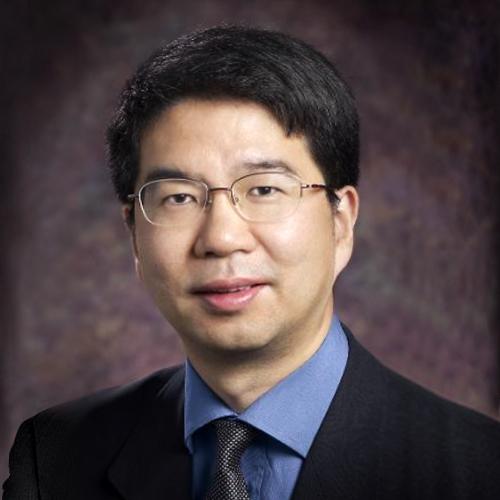 Jason Cong
Chancellor's Professor at the Computer Science Department of University of California; Academician, Association for Computing Machinery; Fellow, Institute of Electrical and Electronics Engineers
Jason Cong received his B.S. degree in computer science from Peking University in 1985, his M.S. and Ph. D. degrees in computer science from the University of Illinois at Urbana-Champaign in 1987 and 1990, respectively. Currently, he is a Chancellor’s Professor at the Computer Science Department of University of California, Los Angeles, the Director of Center for Domain-Specific Computing, and the director of VLSI Architecture, Synthesis, and Technology (VAST) Laboratory. He served as the chair of the UCLA Computer Science Department from 2005 to 2008, and is currently serving as an Associate Vice Provost for Internationalization and the co-director of PKU/UCLA Joint Research Institute in Science and Engineering since 2009. He is also a distinguished visiting professor at Peking University and the director of PKU Center for Energy-Efficient Computing and Applications (CECA). Dr. Cong’s research interests include electronic design automation and energy-efficient computing. He was elected to an IEEE Fellow in 2000, and ACM Fellow in 2008. He received the 2011 ACM/IEEE A. Richard Newton Technical Impact Award in Electric Design Automation “for pioneering work on technology mapping for FPGA that has made significant impact to the FPGA research community and industry”. He received the 2010 IEEE Circuits and System (CAS) Society Technical Achievement Award and the 2016 IEEE Computer Society Technical Achievement Award. He is the only one who received a Technical Achievement Award from both the IEEE CAS Society and the Computer Society. |
Chancellor's Professor at the Computer Science Department of University of California; Academician, Association for Computing Machinery; Fellow, Institute of Electrical and Electronics Engineers |
|
Hong DING
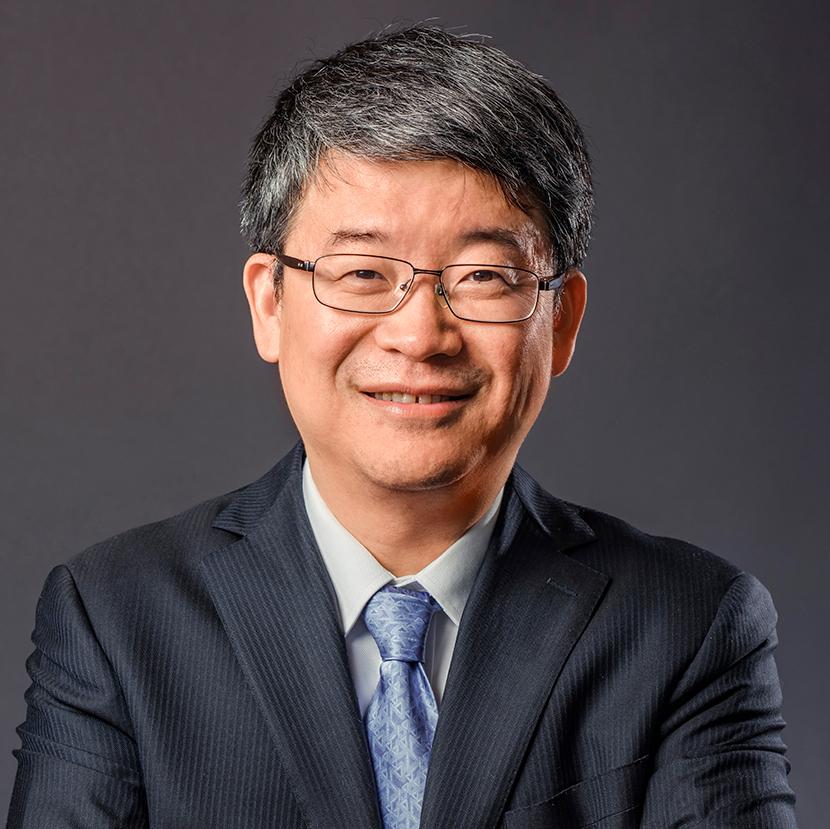 Hong DING
Professor, Institute of Physics, Chinese Academy of Sciences; Chief Scientist, Beijing National Laboratory for Condensed Matter Physics
Dr. Hong Ding is professor of Institute of Physics, Chinese Academy od Sciences, managing director and chief scientist of Beijing National Laboratory for Condensed Matter Physics. Dr. Ding obtained his BS degree in physics from Shanghai Jiao Tong University in 1990 and his PhD degree in physics from University of Illinois at Chicago in 1995. He was a Postdoctoral Fellow in Argonne National Laboratory from 1996 to 1998. He joined the Department of Physics at Boston College as assistant professor in 1998, and became associate professor in 2003 and full professor in 2007. He joined the Institute of Physics, Chinese Academy of Sciences in 2008. Over the past 20 years, he has made important contributions to understanding of high temperature superconductors and topological materials by measuring their electronic structure using angle-resolved photoelectron spectroscopy. He has published more than 200 papers with a total citation number over 11000. Dr. Ding won Sloan Research Fellowship Award in 1999, was elected as American Physical Society Fellow in 2011. |
Professor, Institute of Physics, Chinese Academy of Sciences; Chief Scientist, Beijing National Laboratory for Condensed Matter Physics |
|
Jianhua LIN
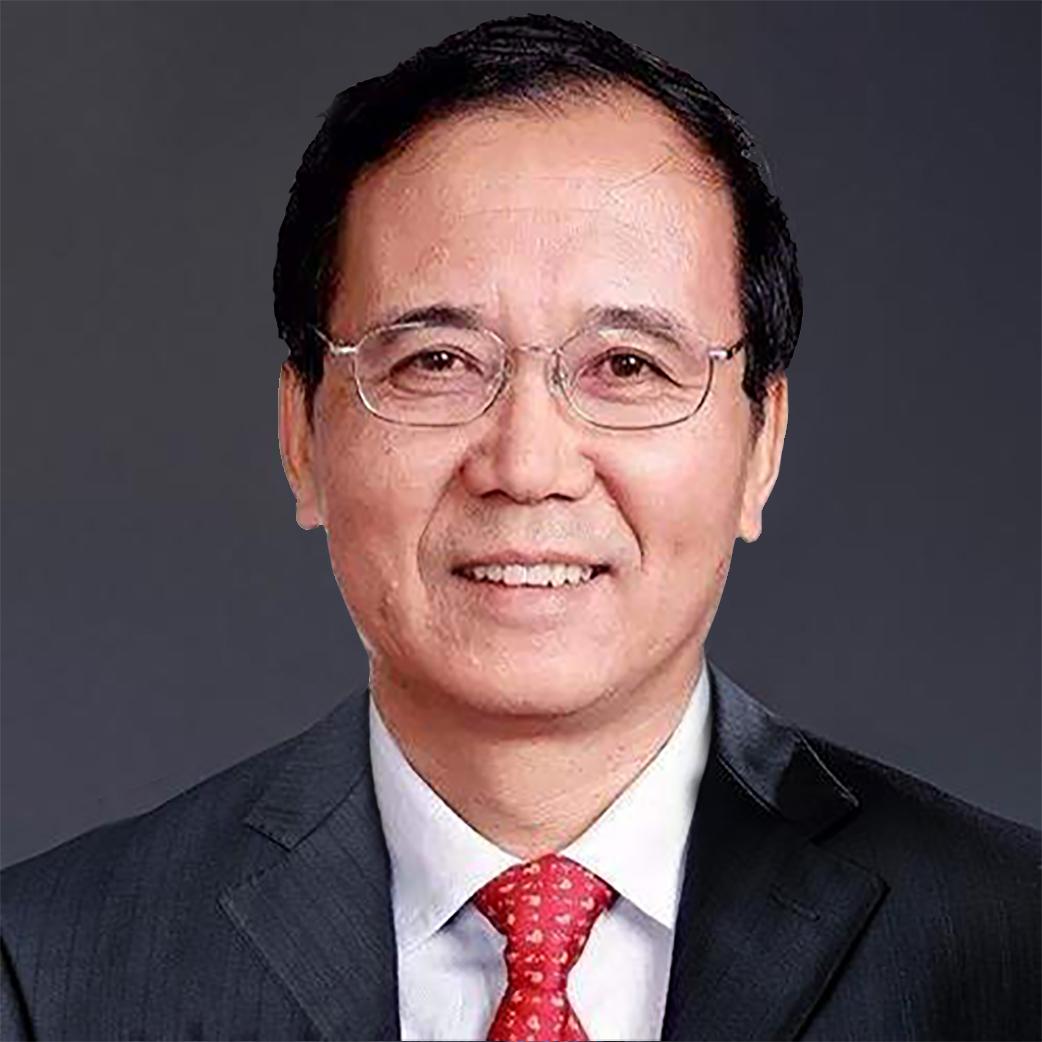 Jianhua LIN
Former President of Peking University; Director of Peking University Research Center for Future Education Management and Professor of Chemistry
LIN Jianhua, former President of Peking University, is Director of Peking University Research Center for Future Education Management and Professor of Chemistry. Professor Lin served as President of Chongqing University from December 2010 to June 2013, President of Zhejiang University from 2013 to 2015, and President of Peking University from February 2015 to October 2018. Other leadership roles have included: Dean of the College of Chemistry, Executive Vice President and Provost at Peking University from 1998 to 2010. Born in October 1955 in Inner Mongolia, China, Professor Lin received his PhD in Chemistry from Peking University in 1986 and joined the University as an academic faculty in the same year. From 1988 to 1993, he conducted his post-doctoral research in the field of inorganic solid chemistry and material chemistry first at Max-Planck Institute of Solid State Research in Germany and then at the Department of Chemistry atIowa State University and Ames National Laboratory in the US. In 1993, Professor Lin returned to teach at Peking University as an Associate Professor and was promoted to full professorship in 1995. Professor Lin’s research interests cover a wide range of areas in solid chemistry, with more focus on new metal borates with novel structure type, and synthesis, structure and properties of transition metal oxides. He has published over 140 journal articles on the related subjects. In addition to teaching and mentoring scores of students, Professor Lin won the 1st Prize for State-level Teaching Excellence in 2009.He was also awarded the 2nd Prize for Science and Technology Excellence by the Ministry of Education in 1995and a recipient ofNational Outstanding Youth Foundation in 1997. |
Former President of Peking University; Director of Peking University Research Center for Future Education Management and Professor of Chemistry |
|
Gang TIAN
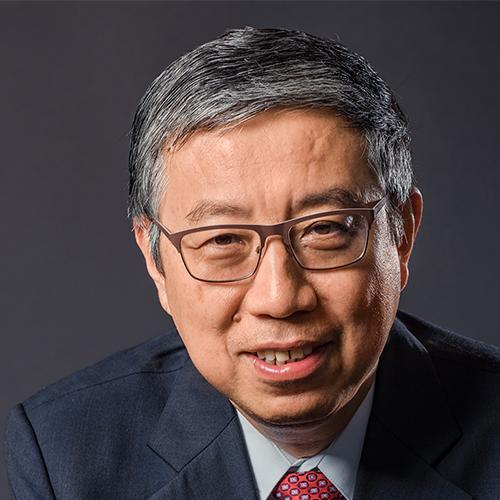 Gang TIAN
Director, Beijing International Center for Mathematical Research; Member, Chinese Academy of Sciences; Member, U.S. Academy of Arts and Sciences
Dr. Gang Tian has made fundamental contributions to geometric analysis, complex geometry and symplectic geometry. Dr. Gang Tian solved completely the existence of K\”ahler-Einstein metrics on compact complex surfaces with positive first Chern class. He proved that the deformation of Calabi-Yau manifolds is unobstructed, known as the Bogomolov–Tian–Todorov theorem. Together with others, he established a mathematical theory for quantum cohomology and Gromov-Witten invariant. He was also one of pioneers in constructing virtual cycles. He introduced the K-stability which has been further developed and become a central topic in the theory of geometric stability. He initiated the Analytical Minimal Model program through Kahler-Ricci flow, referred as the Song-Tian program on birational geometry. In 2012, he gave a solution for the Yau-Tian-Donaldson's conjecture, a central conjecture in Kahler geometry. Dr. Gang Tian won Alan T. Waterman Award in 1994 and Veblen Prize in 1996. He spoke twice at the International Congress of Mathematics in 1990 and 2002. He was elected to the National Academy of China in 2001 and the American Academy of Arts and Science in 2004. |
Director, Beijing International Center for Mathematical Research; Member, Chinese Academy of Sciences; Member, U.S. Academy of Arts and Sciences |
|
Xiangping WU
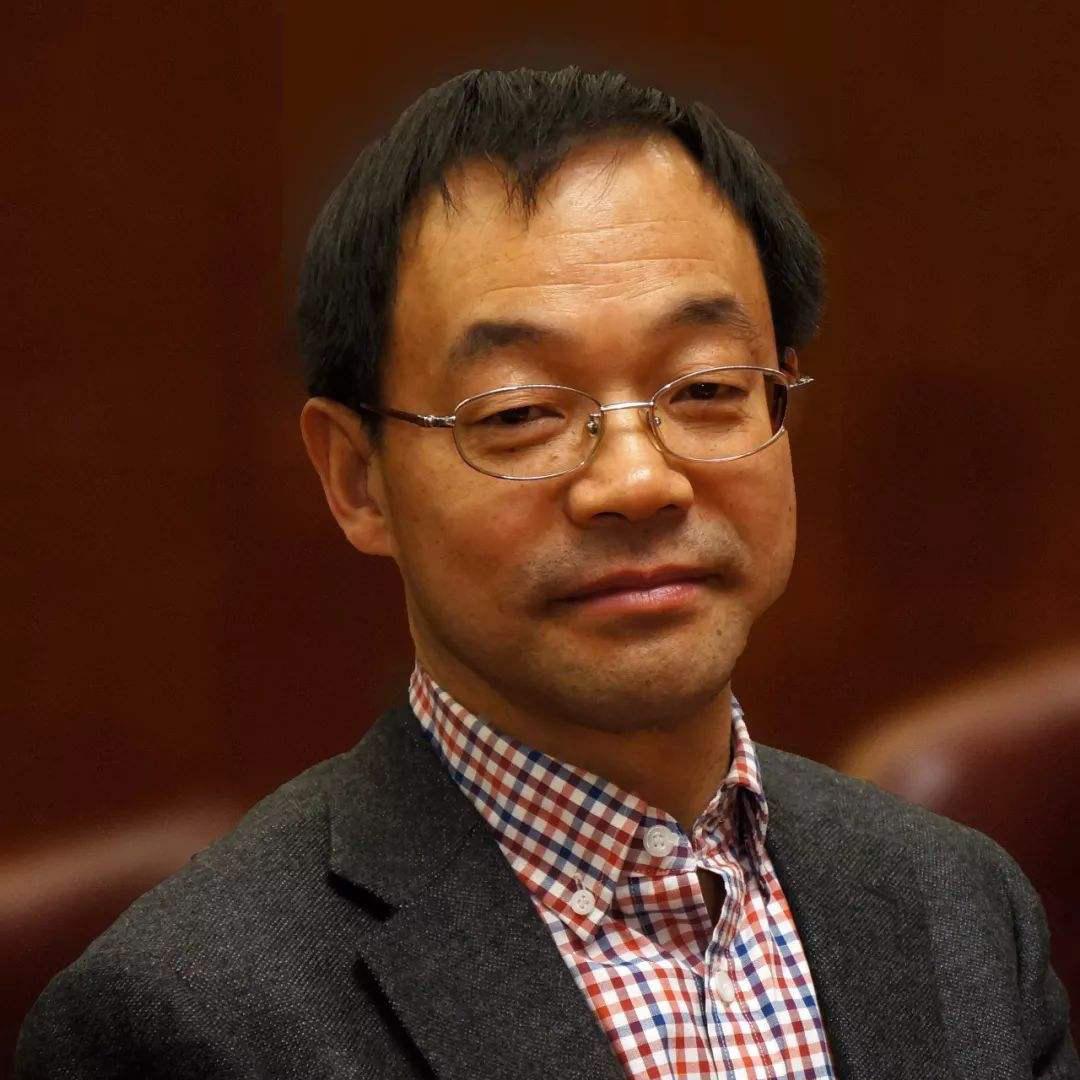 Xiangping WU
Professor,National Astronomical Observatories of China, CAS
WU Xiang-Ping is a professor of astrophysics at National Astronomical observatories, Chinese Academy of Sciences. He has been engaged in doing research on cosmology, including the construction of 21CMA in the Tianshan Mountains of western China, the first low-frequency radio array dedicated to the detection of the epoch of reionization. He is currently leading the Chinese SKA science team towards transforming our understanding of the universe. Prof. Wu was selected as the member of the Chinese Academy of Sciences in 2011, and has also served as the Dean of the School of Astronomy and Space Science in University of Chinses Academy of Sciences since 2017 and the member of Standing Committee, China Association for Science and Technology since 2016. |
Professor,National Astronomical Observatories of China, CAS |
|
Xiaoliang Sunney XIE
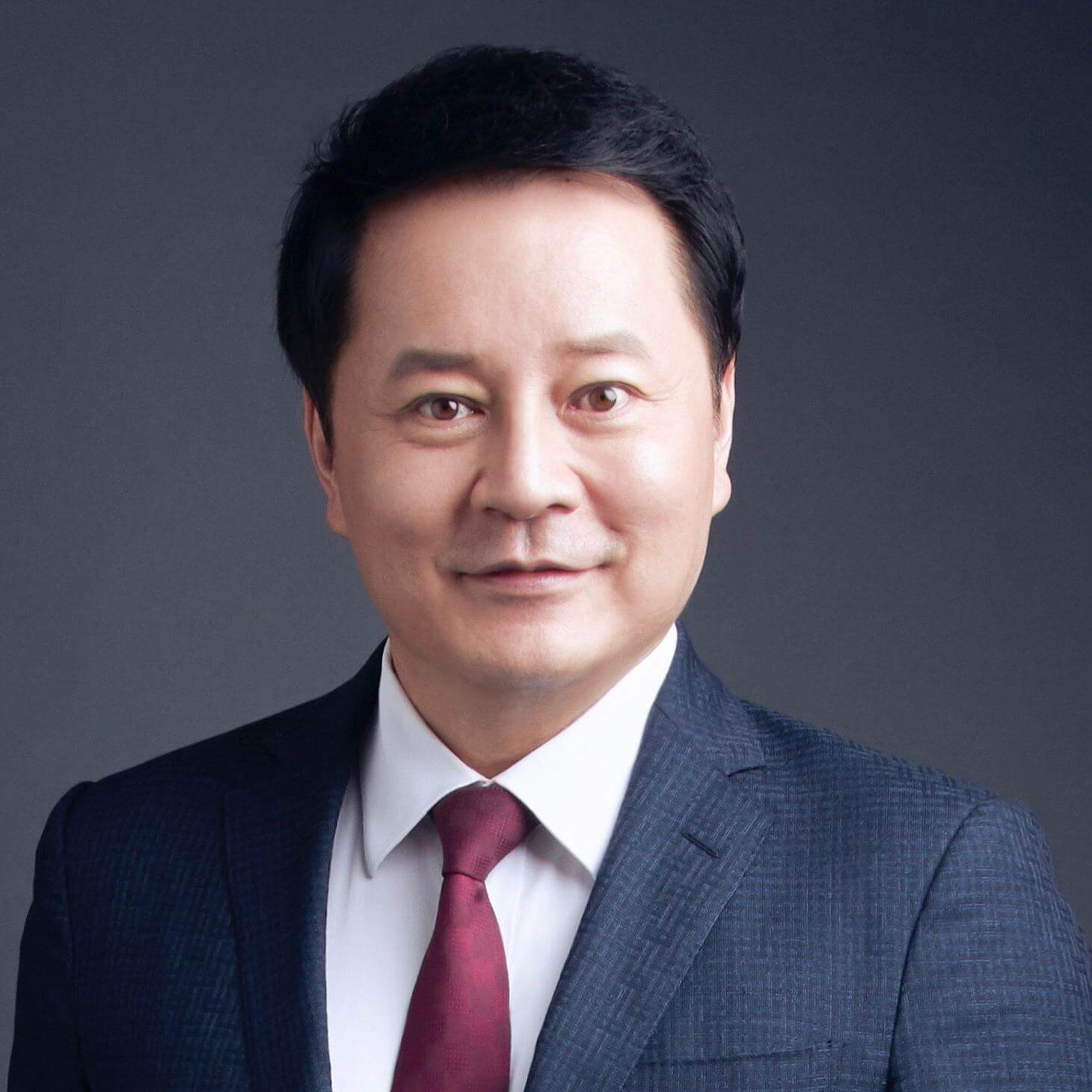 Xiaoliang Sunney XIE
Lee Shau-kee Professor, Peking University; Director, Beijing Advanced Innovation Center for Genomics, Peking University; Director, BIOPIC, Peking University; Member, U.S. National Academy of Sciences; Member, U.S. National Academy of Medicine
Prof. Xiaoliang Sunney Xie received his BSc in chemistry from Peking University in 1984 and PhD in physical chemistry from UC San Diego in 1990. He is a world renowned physical chemist and biophysicist, currently the Mallinckrodt Professor of Chemistry and Chemical Biology at Harvard University, the Director of Biodynamic Optical Imaging Center (BIOPIC),and the Director of Beijing Advanced Innovation Center for Genomics (ICG) at Peking University. Xie has made pioneering contributions to single molecular biophysical chemistry, label-free biomedical imaging, and single cell genomics. His group’s single cell sequencing technology has been widely used in in vitro fertilization (IVF), and has allowed hundreds of newborns to avoid genetic disorders. He is a member of US National Academy of Science as well as a member of US National Academy of Medicine. He has garnered many international awards in chemistry, optics and biology, including the Albany Prize in Medicine and Biomedical Research in 2015. |
Lee Shau-kee Professor, Peking University; Director, Beijing Advanced Innovation Center for Genomics, Peking University; Director, BIOPIC, Peking University; Member, U.S. National Academy of Sciences; Member, U.S. National Academy of Medicine |
|
Hong DING
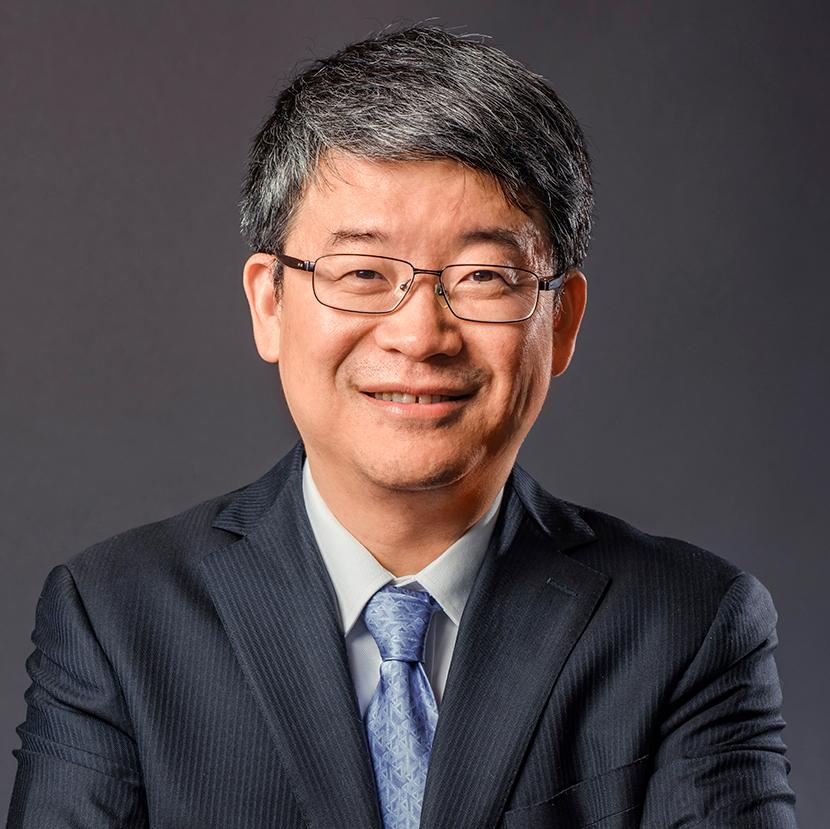 Hong DING
Professor, Institute of Physics, Chinese Academy of Sciences; Chief Scientist, Beijing National Laboratory for Condensed Matter Physics
Dr. Hong Ding is professor of Institute of Physics, Chinese Academy od Sciences, managing director and chief scientist of Beijing National Laboratory for Condensed Matter Physics. Dr. Ding obtained his BS degree in physics from Shanghai Jiao Tong University in 1990 and his PhD degree in physics from University of Illinois at Chicago in 1995. He was a Postdoctoral Fellow in Argonne National Laboratory from 1996 to 1998. He joined the Department of Physics at Boston College as assistant professor in 1998, and became associate professor in 2003 and full professor in 2007. He joined the Institute of Physics, Chinese Academy of Sciences in 2008. Over the past 20 years, he has made important contributions to understanding of high temperature superconductors and topological materials by measuring their electronic structure using angle-resolved photoelectron spectroscopy. He has published more than 200 papers with a total citation number over 11000. Dr. Ding won Sloan Research Fellowship Award in 1999, was elected as American Physical Society Fellow in 2011. |
Professor, Institute of Physics, Chinese Academy of Sciences; Chief Scientist, Beijing National Laboratory for Condensed Matter Physics |
|
Xiaodong ZHANG
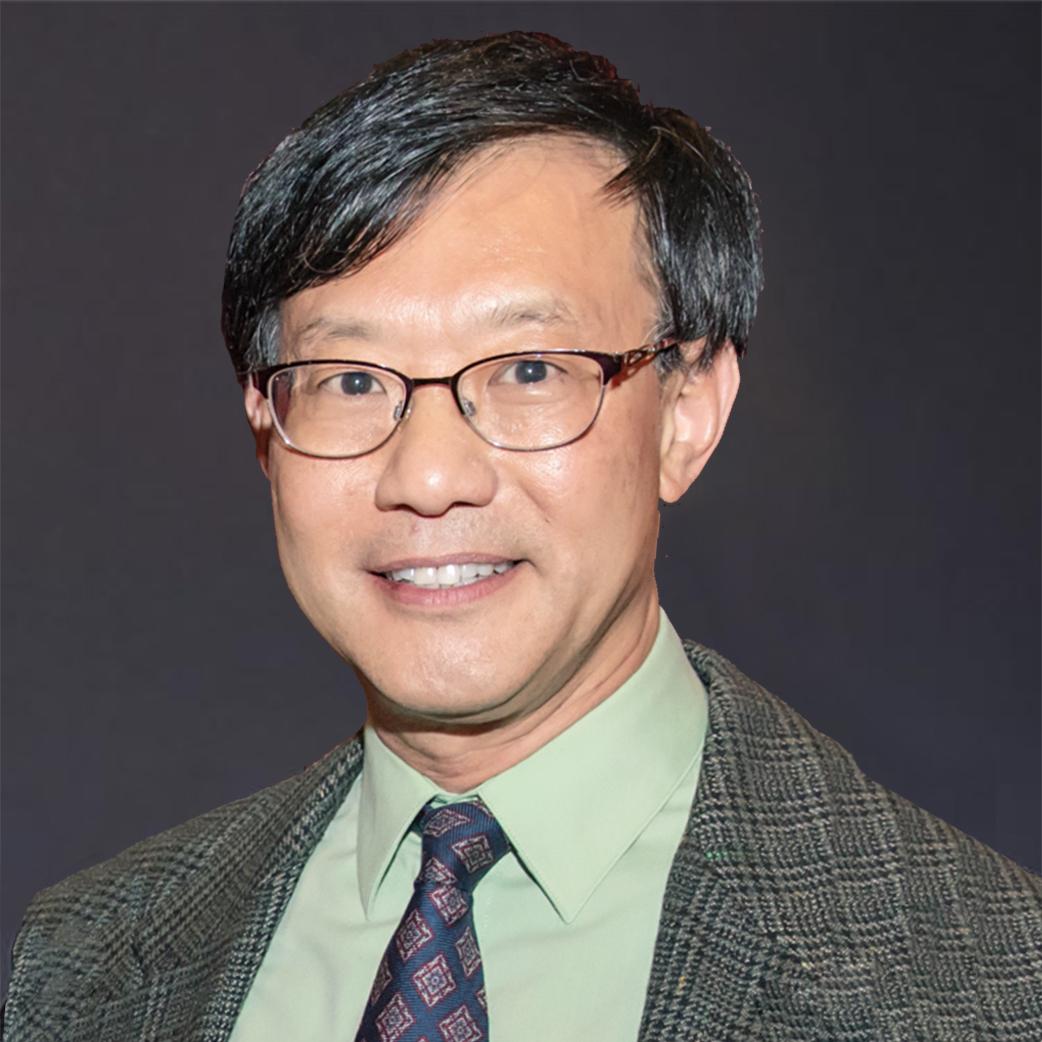 Xiaodong ZHANG
Robert M. Critchfield Professor, Computer Science and Engineering Scholar,Ohio State University
Xiaodong ZHANG Robert M. Critchfield Professor, the Ohio State University; Fellow, Association for Computing Machinery; Fellow, Institute of Electrical and Electronics Engineers Research in areas of data and storage management in computer and distributed systems; BS in Electrical Engineering from Beijing University of Technology, and Ph.D. in Computer Science from University of Colorado at Boulder; Recipient of the 2010 Overseas Outstanding Contribution Award by China Computer Federation; Recipient of the 2011 Distinguished Alumni Award in Engineering and Applied Sciences from University of Colorado at Boulder; Recipient of Lutron Foundation’s Education Leadership Award in 2018; Fellow of both ACM and IEEE. |
Robert M. Critchfield Professor, Computer Science and Engineering Scholar,Ohio State University |
|
Jian-Shu LI
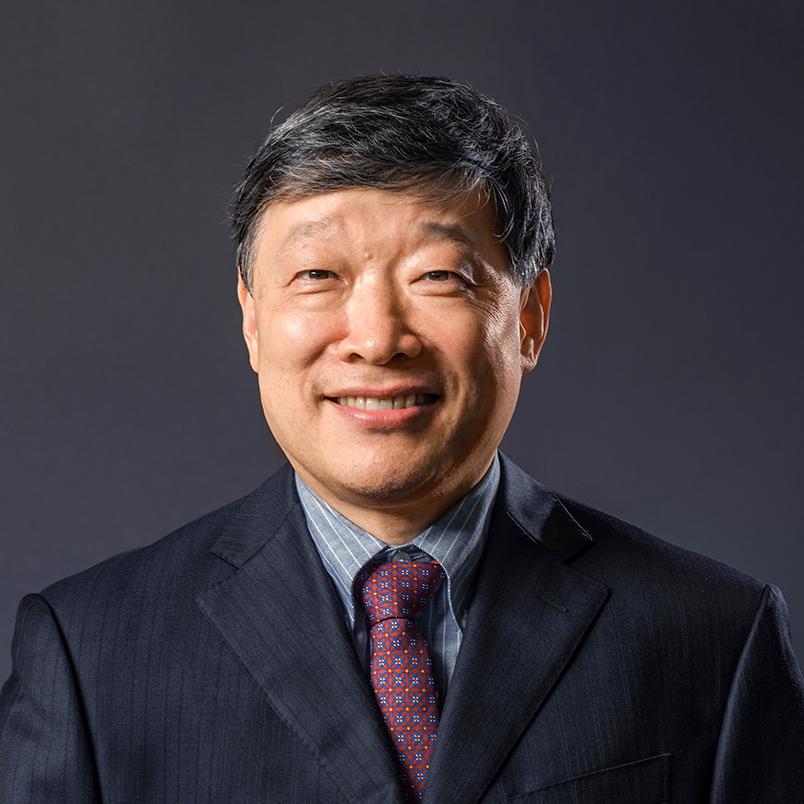 Jian-Shu LI
Chair Professor, The Hong Kong University of Science and Technology; Member, Chinese Academy of Sciences
Jianshu Li received his BSc from Zhejiang University in 1981 and Ph. D from Yale in 1987. He is currently a chair professor at the Hong Kong University of Science and Technology. He is a member of the Chinese Academy of Sciences, and serves on the Program Committee for the 2018 International Congress of Mathematicians. |
Chair Professor, The Hong Kong University of Science and Technology; Member, Chinese Academy of Sciences |
|
Kai LI
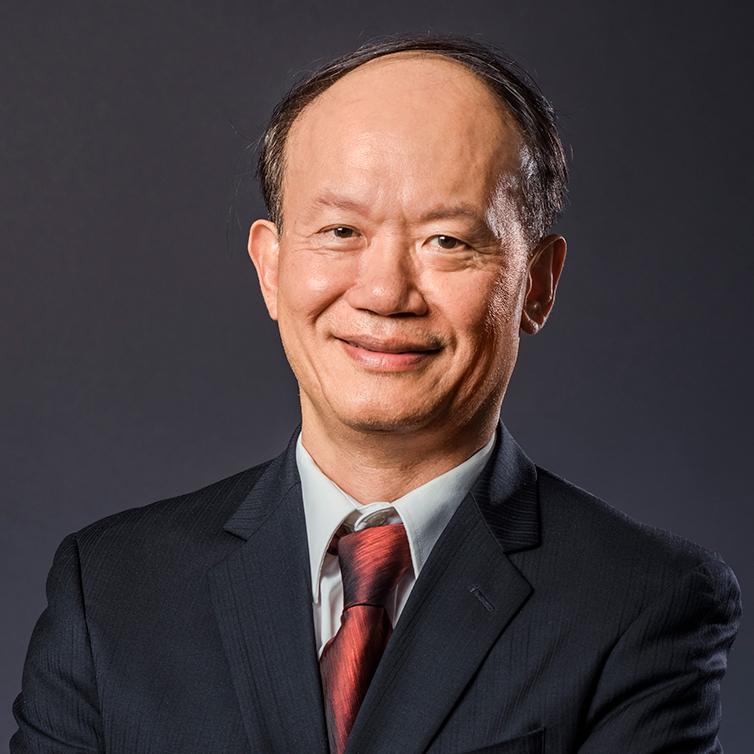 Kai LI
Paul & Marcia Wythes Professor, Princeton University; Member, National Academy of Engineering; Foreign Member, Chinese Academy of Engineering
Kai Li is a Paul M. Wythes '55, P'86 and Marcia R. Wythes P'86 Professor at Princeton University, where he served on the faculty since 1986. He received his Ph.D. from Yale University, M.S. from Chinese Academy of Sciences, and B.S. from Jilin University. His research areas include operating systems, parallel and distributed systems, storage systems, and analysis of big data. He pioneered Distributed Shared Memory (DSM), allowing shared-memory programming on a cluster of computers, which won the ACM SIGOPS Hall of Fame Award in 2012. He proposed user-level DMA mechanism for efficient cluster communication, which went into the RDMA standard of Infiniband. He co-led (with Prof. Fei-Fei Li) the ImageNet project, which propelled deep learning to become the most active research area in machine learning. He co-founded Data Domain, Inc. and led the innovation of deduplication storage system product line to replace tape libraries at data centers. The product line has taken over 60% of the market. The company went public in 2007 and later acquired by EMC. He was elected as an ACM fellow, an IEEE fellow and a member of National Academy of Engineering. |
Paul & Marcia Wythes Professor, Princeton University; Member, National Academy of Engineering; Foreign Member, Chinese Academy of Engineering |
|
Jianhua LIN
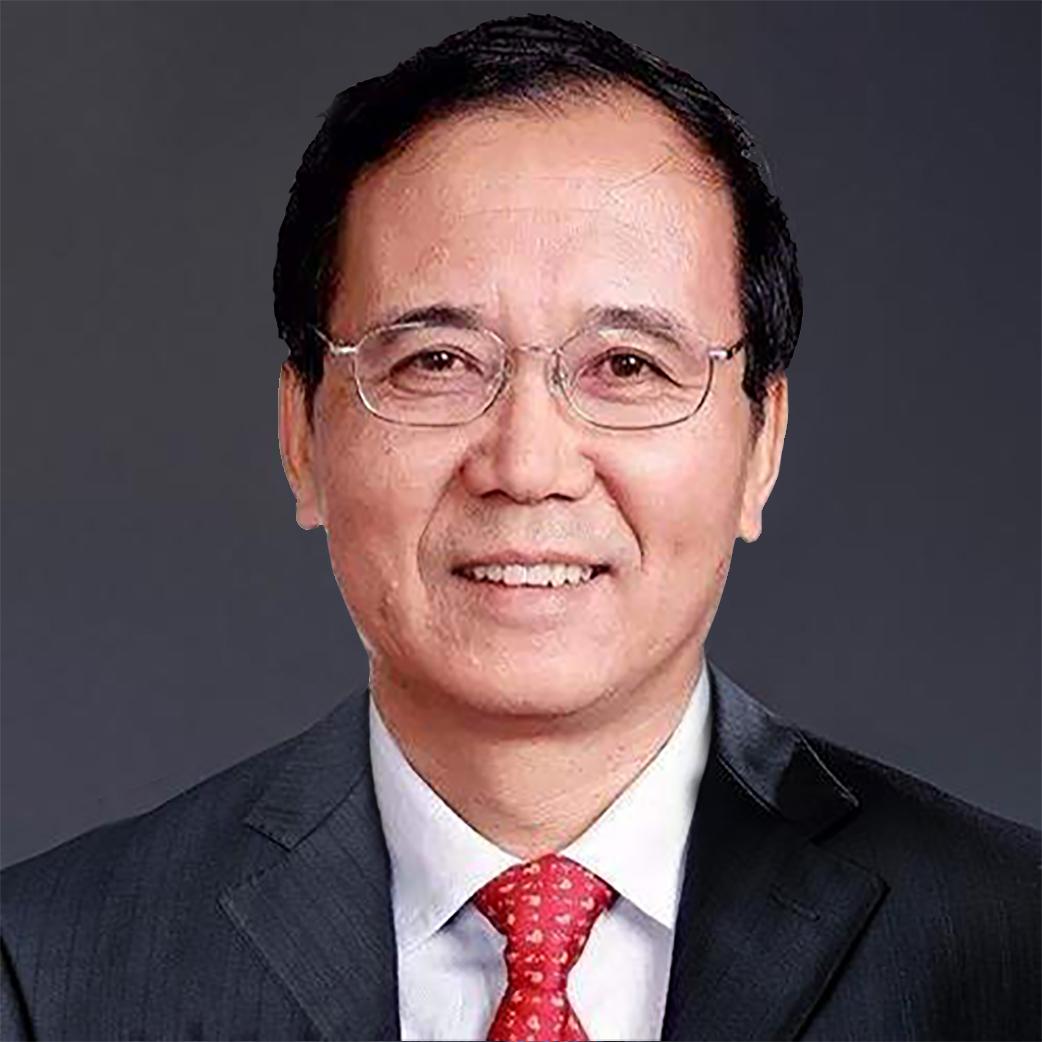 Jianhua LIN
Former President of Peking University; Director of Peking University Research Center for Future Education Management and Professor of Chemistry
LIN Jianhua, former President of Peking University, is Director of Peking University Research Center for Future Education Management and Professor of Chemistry. Professor Lin served as President of Chongqing University from December 2010 to June 2013, President of Zhejiang University from 2013 to 2015, and President of Peking University from February 2015 to October 2018. Other leadership roles have included: Dean of the College of Chemistry, Executive Vice President and Provost at Peking University from 1998 to 2010. Born in October 1955 in Inner Mongolia, China, Professor Lin received his PhD in Chemistry from Peking University in 1986 and joined the University as an academic faculty in the same year. From 1988 to 1993, he conducted his post-doctoral research in the field of inorganic solid chemistry and material chemistry first at Max-Planck Institute of Solid State Research in Germany and then at the Department of Chemistry atIowa State University and Ames National Laboratory in the US. In 1993, Professor Lin returned to teach at Peking University as an Associate Professor and was promoted to full professorship in 1995. Professor Lin’s research interests cover a wide range of areas in solid chemistry, with more focus on new metal borates with novel structure type, and synthesis, structure and properties of transition metal oxides. He has published over 140 journal articles on the related subjects. In addition to teaching and mentoring scores of students, Professor Lin won the 1st Prize for State-level Teaching Excellence in 2009.He was also awarded the 2nd Prize for Science and Technology Excellence by the Ministry of Education in 1995and a recipient ofNational Outstanding Youth Foundation in 1997. |
Former President of Peking University; Director of Peking University Research Center for Future Education Management and Professor of Chemistry |
|
Xiaole Shirley LIU
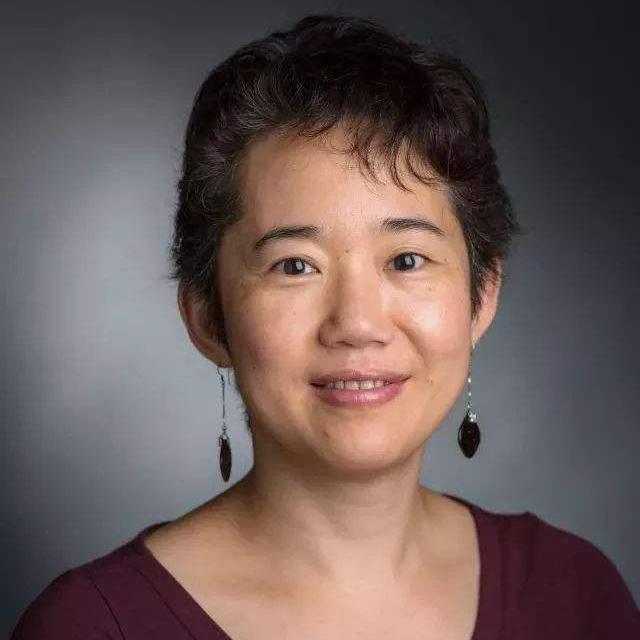 Xiaole Shirley LIU
Professor of Biostatistics and Computational Biology, Harvard University; Director of the Center for Functional Cancer Epigenetics, Dana-Farber Cancer Institute
X Shirley Liu is Professor of Biostatistics and Computational Biology at Harvard University and the Director of the Center of Functional Cancer Epigenetics at Dana-Farber Cancer Institute. Her research focuses on algorithm development and integrative modeling of high throughput genomic data to understand the specificity and function of regulator genes in tumor development, progression, drug response and resistance. She is especially interested in genomics and bioinformatics approaches in cancer epigenetics, cancer immunology, and CRISPR screens for translational cancer research. She is the PI of the Cancer Immune Data Common, a cancer moonshot project from National Cancer Institute with the goal of identifying biomarkers for optimizing cancer immunotherapy strategies. She has an H-index of 85 and has published over 60 papers in Nature, Science, or Cell series journals. She is the recipient of the Sloan Research Fellowship, the Richard E. Weitzman Outstanding Early Career Investigator Award from the Endocrine Society, Breast Cancer Research Foundation Investigator, and a Fellow of the International Society of Computational Biology. Since becoming a faculty in 2003, she has successfully mentored seventeen trainees to start tenure track faculty positions. |
Professor of Biostatistics and Computational Biology, Harvard University; Director of the Center for Functional Cancer Epigenetics, Dana-Farber Cancer Institute |
|
Shude MAO
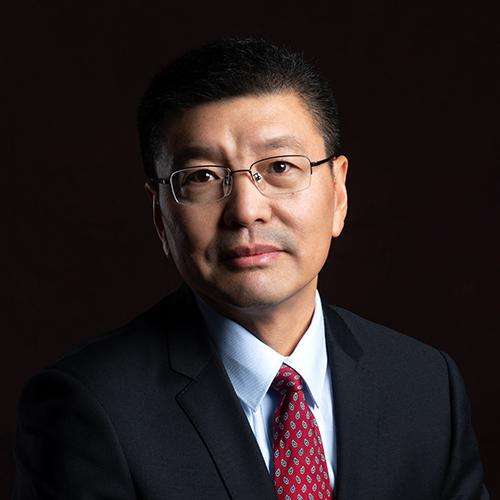 Shude MAO
Director, Tsinghua Center for Astrophysics
Dr. Shude Mao is the director of the Tsinghua Center for Astrophysics and Chair in the Division of Galaxy and Cosmology at the National Astronomical Observatories. He is a board member of the Thirty Meter Telescope. Dr. Mao obtained his Bachelor degree from the University of Science and Technology of China in 1988 and his PhD on astrophysics in 1992 from Princeton University. He was a postdoctoral fellow at the Harvard-Smithsonian Center for Astrophysics and the Max-Planck Institute for Astrophysics from 1995-1999. He became a lecturer at the University of Manchester in 2000, and a full professor in 2006. He returned to China full-time in 2010. He proposed a new method to discover extrasolar planets with gravitational microlensing and proposed to use gravitational lensing to constrain the number of substructures in dark matter haloes. He published more than 190 papers in refereed journals. He won the Bessel Research Award from the Humboldt Foundation in 2007. His current research interests include the search of extrasolar planets, galactic dynamics, and gravitational lensing. |
Director, Tsinghua Center for Astrophysics |
|
Xiangping WU
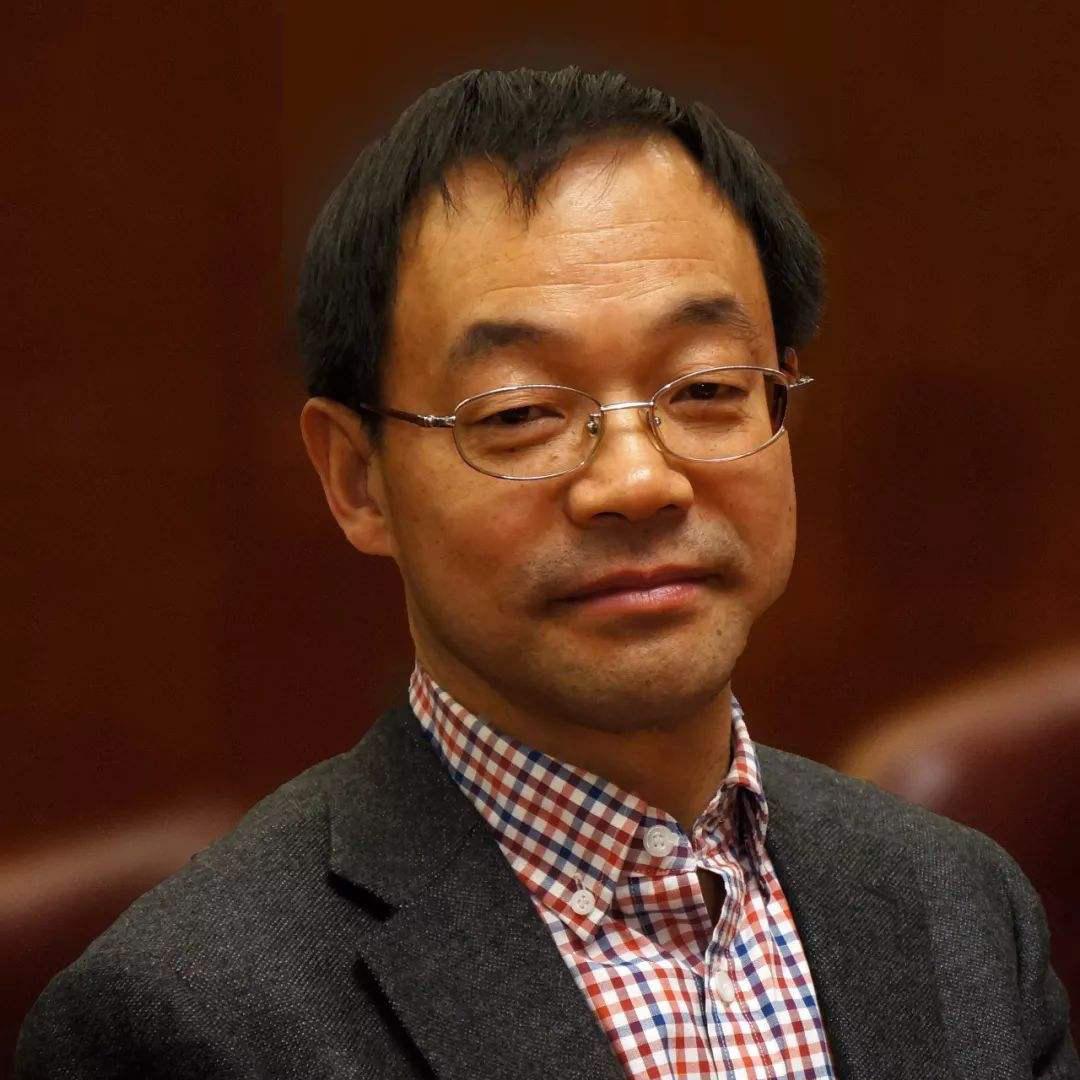 Xiangping WU
Professor,National Astronomical Observatories of China, CAS
WU Xiang-Ping is a professor of astrophysics at National Astronomical observatories, Chinese Academy of Sciences. He has been engaged in doing research on cosmology, including the construction of 21CMA in the Tianshan Mountains of western China, the first low-frequency radio array dedicated to the detection of the epoch of reionization. He is currently leading the Chinese SKA science team towards transforming our understanding of the universe. Prof. Wu was selected as the member of the Chinese Academy of Sciences in 2011, and has also served as the Dean of the School of Astronomy and Space Science in University of Chinses Academy of Sciences since 2017 and the member of Standing Committee, China Association for Science and Technology since 2016. |
Professor,National Astronomical Observatories of China, CAS |
|
Xiaoliang Sunney XIE
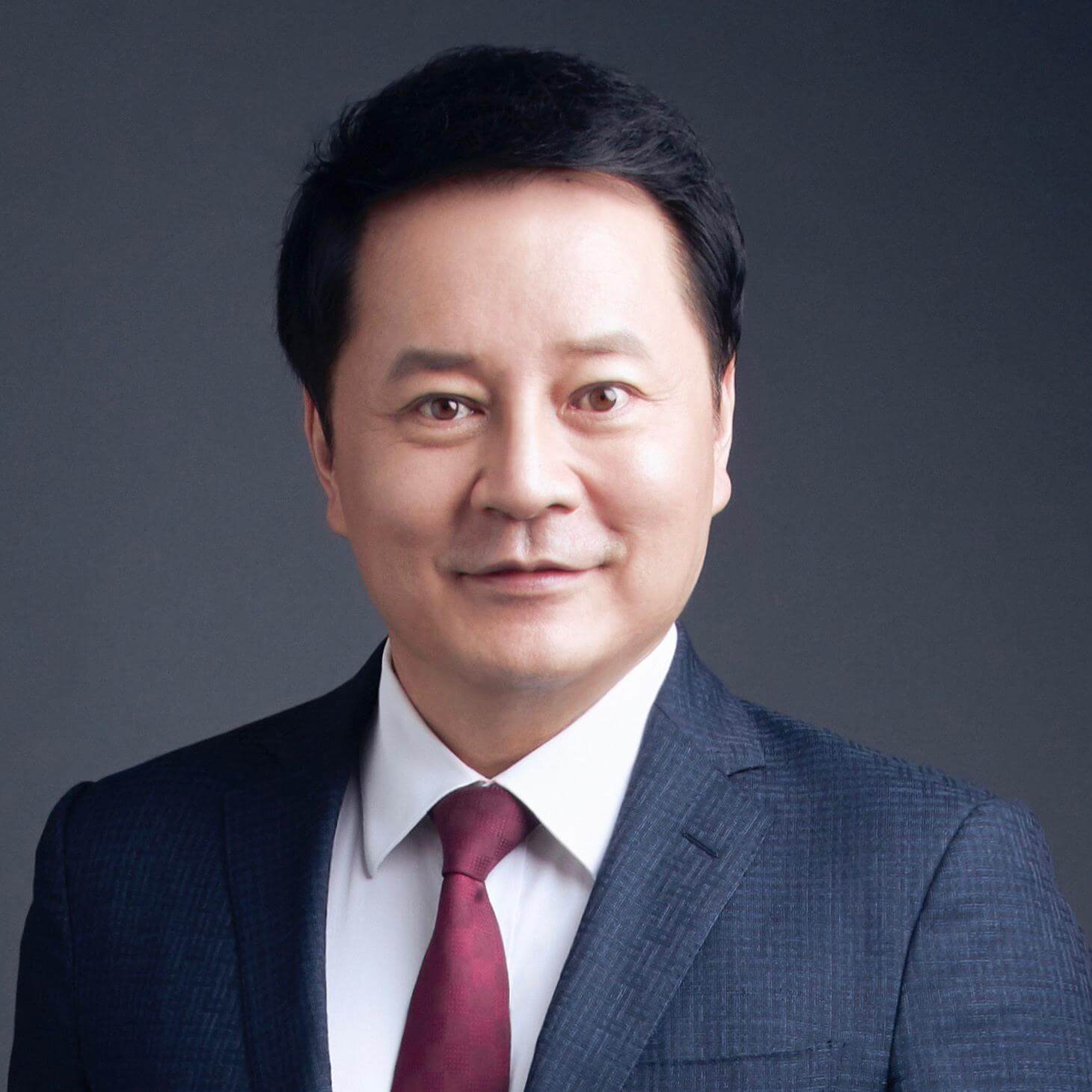 Xiaoliang Sunney XIE
Lee Shau-kee Professor, Peking University; Director, Beijing Advanced Innovation Center for Genomics, Peking University; Director, BIOPIC, Peking University; Member, U.S. National Academy of Sciences; Member, U.S. National Academy of Medicine
Prof. Xiaoliang Sunney Xie received his BSc in chemistry from Peking University in 1984 and PhD in physical chemistry from UC San Diego in 1990. He is a world renowned physical chemist and biophysicist, currently the Mallinckrodt Professor of Chemistry and Chemical Biology at Harvard University, the Director of Biodynamic Optical Imaging Center (BIOPIC),and the Director of Beijing Advanced Innovation Center for Genomics (ICG) at Peking University. Xie has made pioneering contributions to single molecular biophysical chemistry, label-free biomedical imaging, and single cell genomics. His group’s single cell sequencing technology has been widely used in in vitro fertilization (IVF), and has allowed hundreds of newborns to avoid genetic disorders. He is a member of US National Academy of Science as well as a member of US National Academy of Medicine. He has garnered many international awards in chemistry, optics and biology, including the Albany Prize in Medicine and Biomedical Research in 2015. |
Lee Shau-kee Professor, Peking University; Director, Beijing Advanced Innovation Center for Genomics, Peking University; Director, BIOPIC, Peking University; Member, U.S. National Academy of Sciences; Member, U.S. National Academy of Medicine |
|
Shou-Wu ZHANG
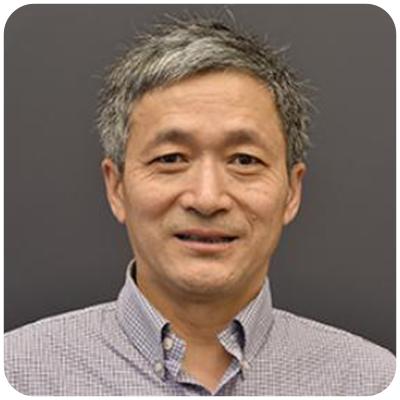 Shou-Wu ZHANG
Professor, Department of Mathematics,Princeton University; Member, U.S. Academy of Arts and Sciences
Education Appointments Editorship Honors |
Professor, Department of Mathematics,Princeton University; Member, U.S. Academy of Arts and Sciences |
- 11.15
- 11.16
- 11.17

·NOTICE
*Student Tickets are only for full-time students, whose purchase information will be checked by the Future Forum. The issuing institutions of student ID card should be universities, colleges, middle schools, primary schools, technical secondary schools, technician training schools and other colleges and schools whose academic duration, semester, curriculum and other systems comply with the regulations of the Ministry of Education and are authorized by the corresponding education department, not including staff and workers universities, TV universities, amateur broadcasting universities, correspondence schools. Confirmation message will be sent if the information is checked. Please finish the payment according to the instructions within 30 minutes after receiving the confirmation message so as to acquire the message of successful purchasing. The qualification will be canceled if the payment is overtime and an another check for the information will be required if a new purchase is applied. Inform message will be sent if the check fails to finish. The purchasing for Student Tickets will cease when sold out.
*Standard Tickets are for those except students and invited media.
*Media Tickets are only for invited media.
*E-tickets will sent by the organizer before the activity through e-mail or short message. Tickets are for personal use only. Real-name authentication will be required then.
*If the participant is not allowed to attend due to the information discrepancy caused by himself, the participant should bear the responsibility.
* Refund is not allowed.
*All the rights for the final explanation are reserved by the organizer “Future Forum”.
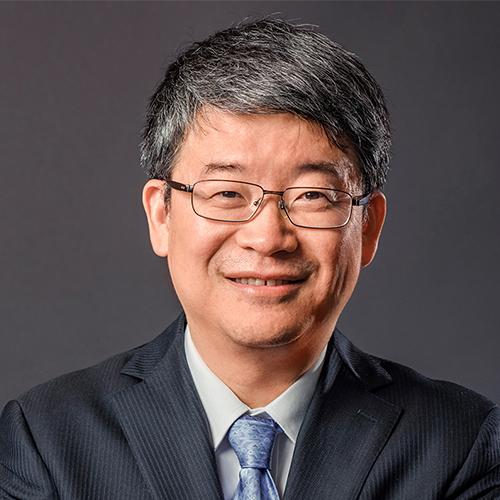
Hong Ding, T.D. Lee Chair Professor and Deputy Director of Tsung-Dao Lee Institute, Shanghai Jiao Tong University. He obtained BS degree in physics from Shanghai Jiao Tong University in 1990 and PhD degree in physics from University of Illinois at Chicago in 1995. He was a Postdoctoral Fellow in Argonne National Laboratory from 1996 to 1998. He was a faculty member of Department of Physics at Boston College during 1998 - 2008. He was a Chief Scientist at the Institute of Physics, Chinese Academy of Sciences (CAS) during 2008 - 2022. He has made several significant scientific achievements, including discovery of pseudogap in cuprate superconductors, observation of s-wave superconducting gap in iron-based superconductors, discovery of Weyl fermions in solids, and discovery of Majorana zero modes in iron-based superconductors. He has published more than 300 papers with total citations over 20000. He received Sloan Research Fellowship Award in 1999, was elected as American Physical Society Fellow in 2011, received Outstanding Science and Technology Achievement Prize (Individual Prize) of CAS in 2020, selected as New Cornerstone Investigator in 2022, and elected as an academician of CAS in 2023.
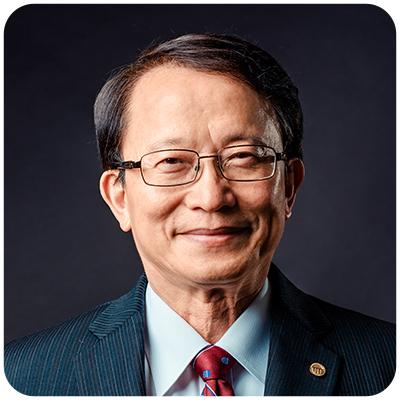
Dr. Mau-Chung Frank Chang is the Distinguished Wintek Chair Professor of UCLA, Taiwan. He was the Chairman and Wintek Chair Professor of Electrical Engineering at UCLA (1997-2015). Before that, he was the Assistant Director of High Speed Electronics Laboratory of Rockwell Science Center (1983-1997), Thousand Oaks, California. In this tenure, he pioneered and transferred the Heterojunction Bipolar Transistor (HBT) integrated circuit technology from the research laboratory to production line (later became Skyworks). HBT productions have grown into multi-tens-billion dollars of industry and dominated the entire mobile phone power amplifier markets for the past 25 years (currently exceeding 10 billion-units/year and exceeding 50 billion units in the past decade).
Throughout his career, Dr. Chang’s research has been focused on research and development of high-speed semiconductor devices and integrated circuits for radio, radar and imaging System-on-Chip applications from microwave to Terahertz frequency regimes. He received numerous recognitions, including his memberships with IEEE Fellow, the US National Academy of Engineering (2008), Taiwan’s Academia Sinica (2012), and National Academy of Inventors (2015). In recognition of his accomplishment in high-speed electronics, IEEE (US) and IET (UK) have bestowed him with prestigious David Sarnoff Award (2006) and J.J. Thomson Medal for Achievement in Electronics (2017).
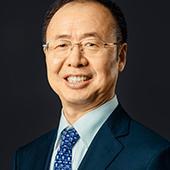
The development of new reactions and synthetic strategies for making molecules is a cornerstone of modern chemistry and molecular sciences. Chemists’ ability to make various molecules have transformed myriad of fields (drug discovery, perfume industry, materials sciences, and genomics) and have advanced our understanding of both the physical and life sciences at the molecular level. While numerous modes of bond breaking and forming have been discovered in the past 100 years, orchestrating these synthetic transformations in a highly selective and efficient manner and on a practical level hinges upon the invention of highly effective catalysts that can accelerate bond breaking and forming processes while conferring desired regioselectivity and enantioselectivity.
Based on rational molecular design and intuitive innovation, Drs. Ma, Zhou and Feng have developed transformative catalysts that have facilitated or changed the way we construct molecules. Dr. Ma discovered a copper/amino acid complex catalyst that promotes carbon-nitrogen bond formation, providing a widely used tool for synthesizing aniline-based drug molecules [1]. Dr. Zhou designed a chiral spirocyclic ligand that can coordinate a range of metals including iridium and rhodium. The resulting catalysts enhance the enantioselectivity of asymmetric hydrogenation reactions [2]. Dr. Feng designed a chiral N,N-dioxide scaffold that can serve as a catalyst alone or as a ligand to metals, serving as chiral Lewis acid catalysts to promote enantioselective carbon-carbon bond forming reactions [3]. These three catalytic systems, bearing the names of the three chemists recognized here, have been used world-wide in both academia and industry.
[1] Acc. Chem. Res. 2008,41, 1450.
[2] Acc. Chem. Res. 2008,41, 581.
[3] Acc. Chem. Res. 2011,44, 574.
Dawei Ma, born 1963 in Henan, China. Ph.D. 1989 from Shanghai Institute of Organic Chemistry, Chinese Academy of Sciences. Professor and Vice President of Shanghai Institute of Organic Chemistry, Chinese Academy of Sciences.
Qilin Zhou, born 1957 in Jiangsu, China. Ph.D. 1987 from Shanghai Institute of Organic Chemistry, Chinese Academy of Sciences. Professor of Nankai University.
Xiaoming Feng, born 1964 in Sichuan, China. Ph.D. 1996 from Institute of Chemistry, Chinese Academy of Sciences. Professor of Sichuan University.

Education
B.S. Sun Yat-Sen University, 1983
M.S. Chinese Academy of Science, 1986
Ph.D. Columbia University, 1991 (Advisor: Lucien Szpiro)
Appointments
Member, Institute for Advanced Study, 1991-1992
Instructor, Princeton University, 1992-1994
Assistant Professor, Princeton University 1994-1996
Associate Professor, Columbia University 1996-1998
Professor, Columbia University 1998-2013
Professor, Princeton university 2011–
Editorship
Algebra and Number Theory, 2013–
Forum of Mathematics, 2015–
Honors
Sloan Research Fellowship, 1997
Morningside Gold Medal of Mathematics, 1998
Guggenheim Foundation Fellowship, 2009
Fellow of American Academy of Arts and Sciences, 2011
Fellow of American Mathematical Society, 2016
Simons Fellow in Mathematics, 2016

WU Xiang-Ping is a professor of astrophysics at National Astronomical observatories, Chinese Academy of Sciences. He has been engaged in doing research on cosmology, including the construction of 21CMA in the Tianshan Mountains of western China, the first low-frequency radio array dedicated to the detection of the epoch of reionization. He is currently leading the Chinese SKA science team towards transforming our understanding of the universe. Prof. Wu was selected as the member of the Chinese Academy of Sciences in 2011, and has also served as the Dean of the School of Astronomy and Space Science in University of Chinses Academy of Sciences since 2017 and the member of Standing Committee, China Association for Science and Technology since 2016.
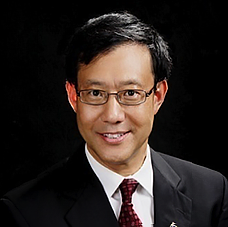
Robert M. Critchfield Professor, the Ohio State University; Fellow, Association for Computing Machinery; Fellow, Institute of Electrical and Electronics Engineers
Research in areas of data and storage management in computer and distributed systems; BS in Electrical Engineering from Beijing University of Technology, and Ph.D. in Computer Science from University of Colorado at Boulder; Recipient of the 2010 Overseas Outstanding Contribution Award by China Computer Federation; Recipient of the 2011 Distinguished Alumni Award in Engineering and Applied Sciences from University of Colorado at Boulder; Recipient of Lutron Foundation’s Education Leadership Award in 2018; Fellow of both ACM and IEEE.

X Shirley Liu is Professor of Biostatistics and Computational Biology at Harvard University and the Director of the Center of Functional Cancer Epigenetics at Dana-Farber Cancer Institute. Her research focuses on algorithm development and integrative modeling of high throughput genomic data to understand the specificity and function of regulator genes in tumor development, progression, drug response and resistance. She is especially interested in genomics and bioinformatics approaches in cancer epigenetics, cancer immunology, and CRISPR screens for translational cancer research. She is the PI of the Cancer Immune Data Common, a cancer moonshot project from National Cancer Institute with the goal of identifying biomarkers for optimizing cancer immunotherapy strategies. She has an H-index of 85 and has published over 60 papers in Nature, Science, or Cell series journals. She is the recipient of the Sloan Research Fellowship, the Richard E. Weitzman Outstanding Early Career Investigator Award from the Endocrine Society, Breast Cancer Research Foundation Investigator, and a Fellow of the International Society of Computational Biology. Since becoming a faculty in 2003, she has successfully mentored seventeen trainees to start tenure track faculty positions.
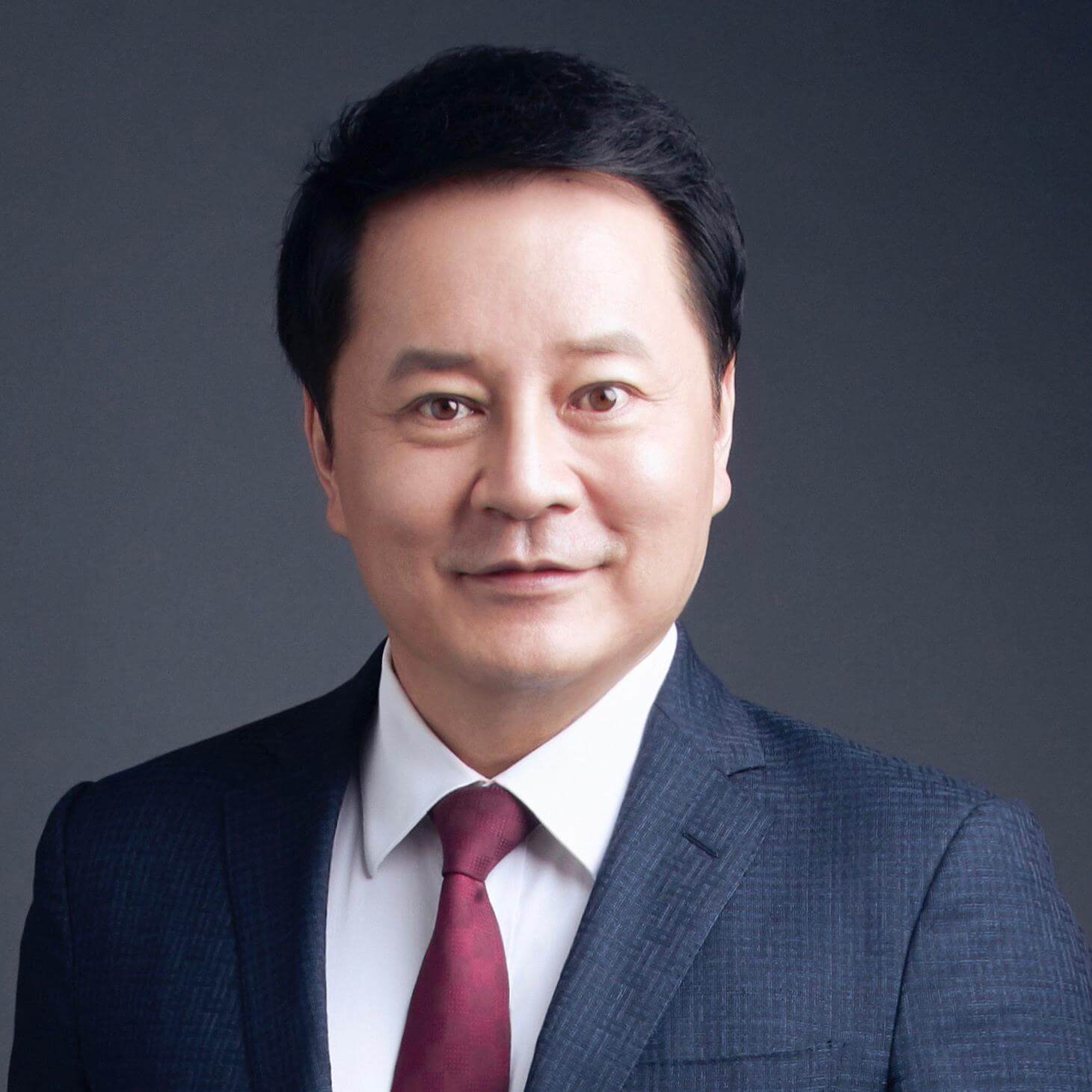
Prof. Xiaoliang Sunney Xie received his BSc in chemistry from Peking University in 1984 and PhD in physical chemistry from UC San Diego in 1990. He is a world renowned physical chemist and biophysicist, currently the Mallinckrodt Professor of Chemistry and Chemical Biology at Harvard University, the Director of Biodynamic Optical Imaging Center (BIOPIC),and the Director of Beijing Advanced Innovation Center for Genomics (ICG) at Peking University. Xie has made pioneering contributions to single molecular biophysical chemistry, label-free biomedical imaging, and single cellgenomics. His group’s single cell sequencing technology has been widely used inin vitrofertilization (IVF), and has allowed hundreds of newborns to avoid genetic disorders.He is a member of US National Academy of Science as well as a member of US National Academy of Medicine. He has garnered many international awards in chemistry, optics and biology, including the Albany Prize in Medicine and Biomedical Research in 2015.
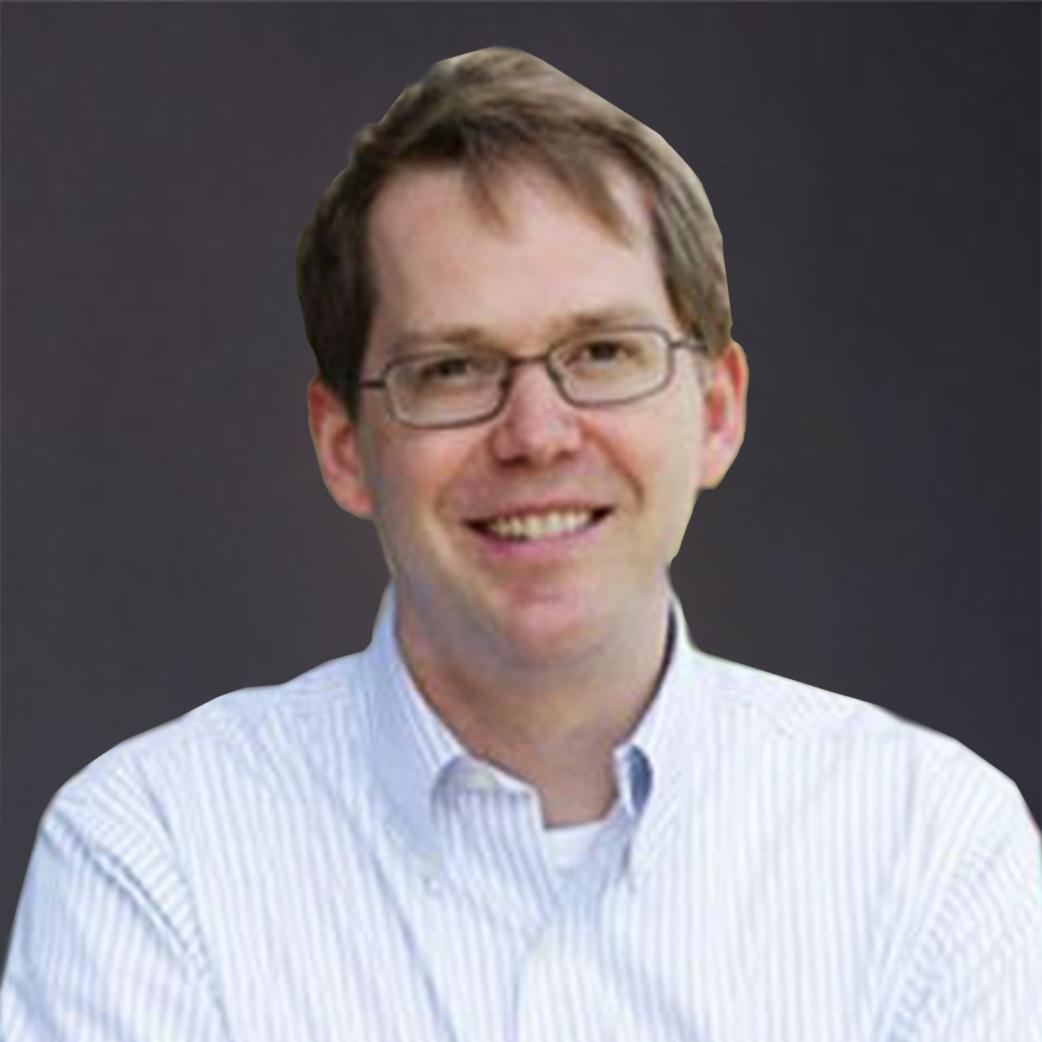
William Greenleaf is an Associate Professor in the Genetics Department at Stanford University School of Medicine, with a courtesy appointment in the Applied Physics Department. He is a member of Bio-X, the Biophysics Program, the Biomedical Informatics Program, and the Cancer Center. He received an A.B. in physics from Harvard University (summa cum laude) in 2002, and received a Gates Fellowship to study computer science for one year in Trinity College, Cambridge, UK (with distinction). After this experience abroad, he returned to Stanford to carry out his Ph.D. in Applied Physics in the laboratory of Steven Block, where he investigated, at the single molecule level, the chemo-mechanics of RNA polymerase and the folding of RNA transcripts. He conducted postdoctoral work in the laboratory of X. Sunney Xie in the Chemistry and Chemical Biology Department at Harvard University, where he was awarded a Damon Runyon Cancer Research Foundation Fellowship, and developed new fluorescence-based high-throughput sequencing methodologies. He moved to Stanford as an Assistant Professor in November 2011. Since beginning his lab, he has been named a Rita Allen Foundation Young Scholar, an Ellison Foundation Young Scholar in Aging (declined), a Baxter Foundation Scholar, and a Chan-Zuckerberg Investigator. His highly interdisciplinary research links molecular biology, computer science, bioengineering, and genomics a to understand how the physical state of the human genome controls gene regulation and biological state. Efforts in his lab are split between building new tools to leverage the power of high-throughput sequencing and cutting-edge microscopies, and bringing these new technologies to bear against basic biological questions of genomic and epigenomic variation. His long-term goal is to unlock an understanding of the physical “regulome” — i.e. the factors that control how the genetic information is read into biological instructions — profoundly impacting our understanding of how cells maintain, or fail to maintain, their state in health and disease.
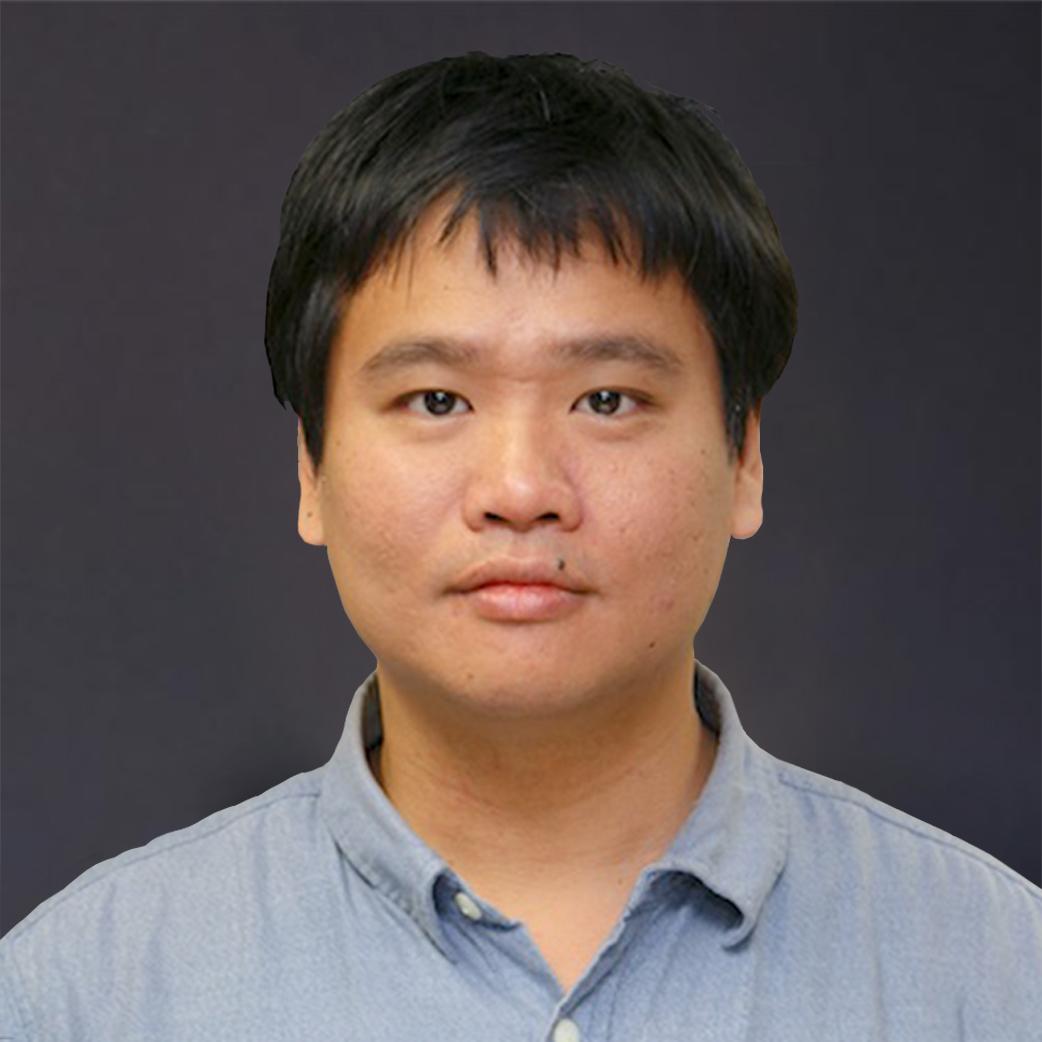
Professional Experiences
• Department of Mathematics, (HKUST, HK) Associate Professor (2015 -present)
Assistant Professor (2009 - 2015)
• International School for Advanced Studies (SISSA, Italy) Postdoctor in mathematical physics (2007-2009 June)
• National Center for Theoretical Sciences (NCTS, Taiwan) Research assistant (2001-2002)
Education
• Stanford University (Stanford, USA) Ph.D. in mathematics (2002-2007)
• National Cheng Kung University (Taiwan) BS in mathematics (1997-2001)
Research Interests
• Algebraic Geometry: deformation theory and moduli spaces;
• Mathematical physics: Gromov Witten theory, Landau Ginzburg theory, Fan-Jarvis-Ruan-Witten theory, Mirror Symmetry, Donaldson and Seiberg Witten theory.
Award
• The Hong Kong Mathematical Society Young Scholars Award 2018 (May)
• Two best paper awards In the first annual meeting of International Consortium of Chinese Mathematician (ICCM 2017).
– Best Paper Award Gold Medal for the paper with J. Li, Weiping Li published on Inventiones mathematicae. in 2015. The organization is International Consortium of Chinese Mathematician.
– Distinguished Paper Award for the paper of H.L. Chang, Y.H. Kiem and J. Li, “Torus localization formulas for cosection localized virtual cycles ” published on Adv. Math in 2017. The organization is International Consortium of Chinese Mathematician.
• HKUST Science School Research Award (2018 Dec)
Invited talk in Conferences/Workshop (July 2016 - Aug 2018)
• Title “Geometry and Applications of Mixed Spin P-fields” (Lecture series in the Workshop on Degenerate Contributions to Enumerative Invariants at Imperial College, London, July 30 - August 3, 2018.)
• Title “MSP theory: counting curves in quintic Calabi Yau threefolds” ( The 3rd KTGU Mathematics Workshop for Young Researchers, Kyoto University, February 17-, 2018.)
• Title “MSP theory: counting curves in Quintic Calabi Yau threefolds” (the first annual meeting of International Consortium of Chinese Mathematician, Guanzhou, China, December 27-29, 2017.)
• Title “Mixed Spin P fields and Gromov Witten invariants” (National conference on Algebraic Geometry, July, 2017, Chinese Academy Sinica, Beijing.)
• Title “Mixed Spin P fields” (Crossing the Walls in Enumerative Geometry” at Columbia University), January 27-29, 2017.
• Title “On some properties of Mixed Spin P fields” (Global Mirror Symmetry Workshop, June, 2016, Nankai University, Tianjin.)
• Title “Recursion of quintic’s FJRW invariants via mixed-spin-P fields” (The 7th Pacific RIM Conference on Mathematics 2016, PRCM, National Seoul University, Seoul, Korea)
• Title “Application of cosection localization via P fields” (Algebraic Geometry in East Asia 2016 January 18-22, 2016) Auditorium, Graduate School of Mathematical Sciences, the University of Tokyo
Selected Publications
• Huai-Liang Chang, Jun Li, Wei-Ping Li, Chiu-Chu Melissa Liu, On the mathematics and physics of Mixed Spin P-fields, Proceedings of Symposia in Pure Mathematics, Vol 96, 2017.
• Huai-Liang Chang, Young Hoon Kiem, Jun Li, Torus localization formulas for cosection localized virtual cycles, Adv.Math. 308 (2017) 964-986, arXiv:1502.00078.
• Huai-Liang Chang, Jun Li, Wei-Ping Li, Witten’s top Chern class via cosection localization, Inventiones Mathematicae 200(2015), p 1015-1063.
• Huai-Liang Chang, Jun Li, An algebraic proof of the hyperplane property of the genus one GW- invariants of quintics, Journal of Differential Geometry 100(2015), No. 2, p 251-299.
• Huai-Liang Chang, Young-Hoon Kiem, Poincare invariants are Seiberg-Witten invariants, Geometry and Topology 17(2013), p 1149-1163.
• Huai-Liang Chang, Jun Li, Semi-Perfect Obstruction theory and DT Invariants of Derived Objects, Communications in Analysis and Geometry 19(2011), No. 4, p 807-830.
Conference organized
• IAS program on Gromov-Witten Theory and Quantization, IAS, HKUST, July 2-12, 2013.
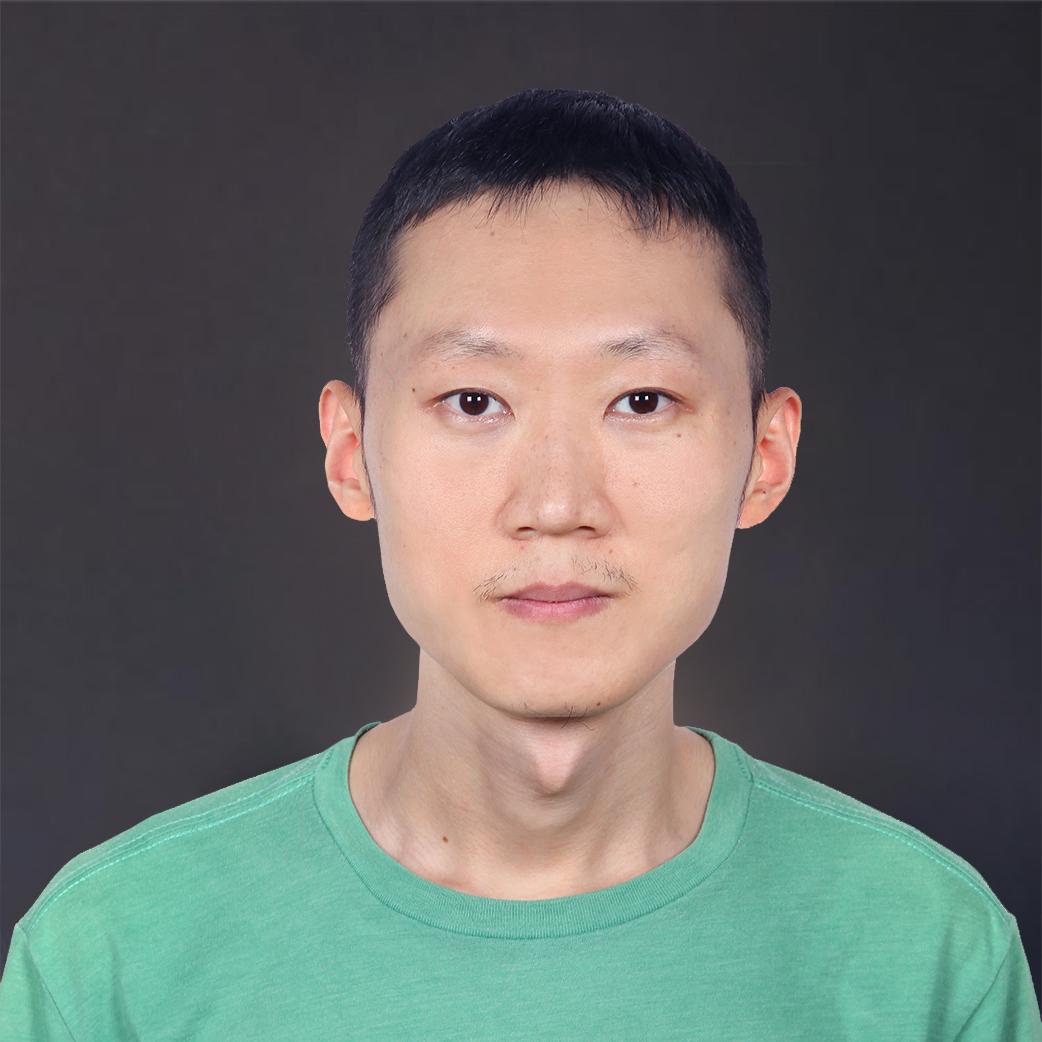
Affiliation
·2016-present:School of Mathematical Sciences, Peking University Associate Professor
·2013-2016: School of Mathematical Sciences, Peking University Assistant Professor
·2011-2013: BICMR, Peking University
Simons Postdoctoral Fellow
Education
·2010-2011:Department of Mathematics, Princeton University Exchange student
Advisor: Gang Tian
·2006-2011:Department of Mathematical Science, Tsinghua University
Ph.D. in Pure Mathematics
Advisor: Jian Zhou
Dissertation: “Orbifold elliptic genus, Vertex algebra and Landau-Ginzburg/Calabi-Yau correspondence ”
·2002-2006:Department of Physics, Tsinghua University
B.A. in Fundamental Science
Advisor: Jian Zhou
Thesis: “Equivariant cohomology and localization formula”
Selected Papers
·Structure of Higher Genus Gromov-Witten Invariants of Quintic 3-folds, arXiv:1812.11908, with Felix Janda and Yongbin Ruan.
·BCOV's Feynman rule of quintic 3-folds, arXiv: 1810.00394, with Huai-Liang Changand Jun Li.
·Polynomial structure of Gromov-Witten potential of quintic 3-folds, arXiv: 1809.11058,with Huai-Liang Chang and Jun Li.
·The theory of N-Mixed-Spin-P fields, arXiv: 1809.08806, with Huai-Liang Chang, JunLi and Wei-Ping Li.
·Genus one GW invariants of quintic threefolds via MSP localization, arXiv: 1711.10118, IMRN (to appear), with Huai-Liang Chang, Wei-Ping Li and Jie Zhou.
·A Mirror Theorem for Genus Two Gromov-Witten invariant of Quintic 3-fold, arXiv:1709.07392, with Felix Janda and Yongbin Ruan.
·The Genus-One Global Mirror Theorem for the Quintic Threefold, arXiv:1703.06955,Compositio Mathematica, Vol. 155, Issue 5, 995-1024, (2019), with Dustin Ross.
·Virasoro constraints and polynomial recursion for the linear Hodge integrals, Lett Math Phys, Vol. 107 No. 4, (2017), with Gehao Wang.
·Genus-One Mirror Symmetry in the Landau-Ginzburg Model, arXiv:1611.08876, Algebraic Geometry, Vol. 6, Issue 3, 260-301, (2019), with Dustin Ross.
·Gopakumar-Vafa BPS invariants, Hilbert schemes and quasimodular forms. I, Adv. Math. 268, 1–61,(2015) , with Jian Zhou.
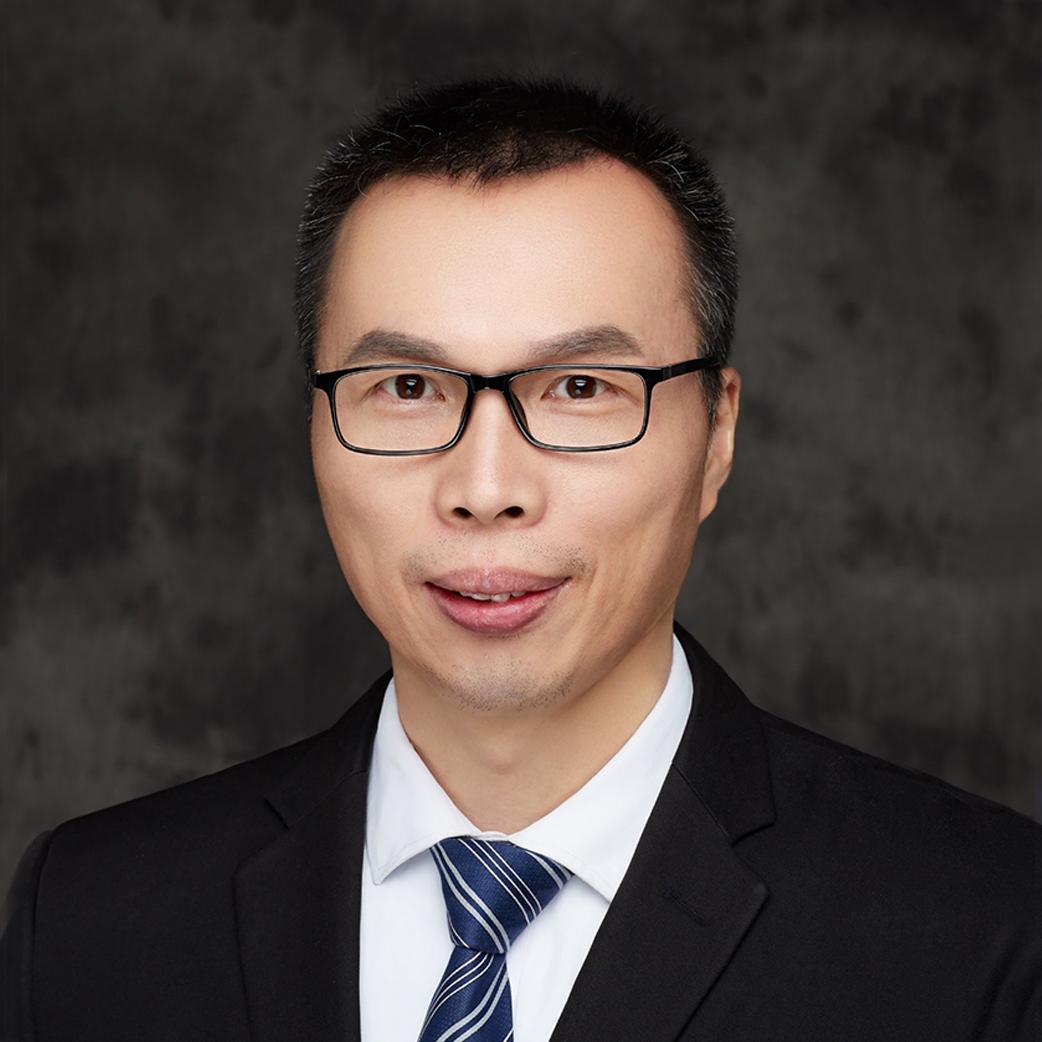
Jianyang (Michael) Zeng is currently an associate professor (with tenure) in the Institute for Interdisciplinary Information Sciences (IIIS), Tsinghua University. He was a postdoctoral associate in the Duke University School of Medicine in 2011-2012. He received his PhD in Computer Science from Duke University in 2011, advised by Prof. Bruce Donald (ACM and IEEE fellows). He received his MS and BS degrees from Zhejiang University in 2002 and 1999, respectively. His current research interests include Computational Biology, Machine Learning and Big Data Analysis. He has published over 50 papers in the prominent journals and conferences of computational biology and related fields, including top conferences ISMB, RECOMB and AAAI, and prestigious journals, such as Nature (as a coauthor), Nature Communications, Cell Systems, Nucleic Acids Research and Bioinformatics. He has been invited as program committee (PC) members for prestigious international AI and computational biology conferences, including ISMB, RECOMB and IJCAI.
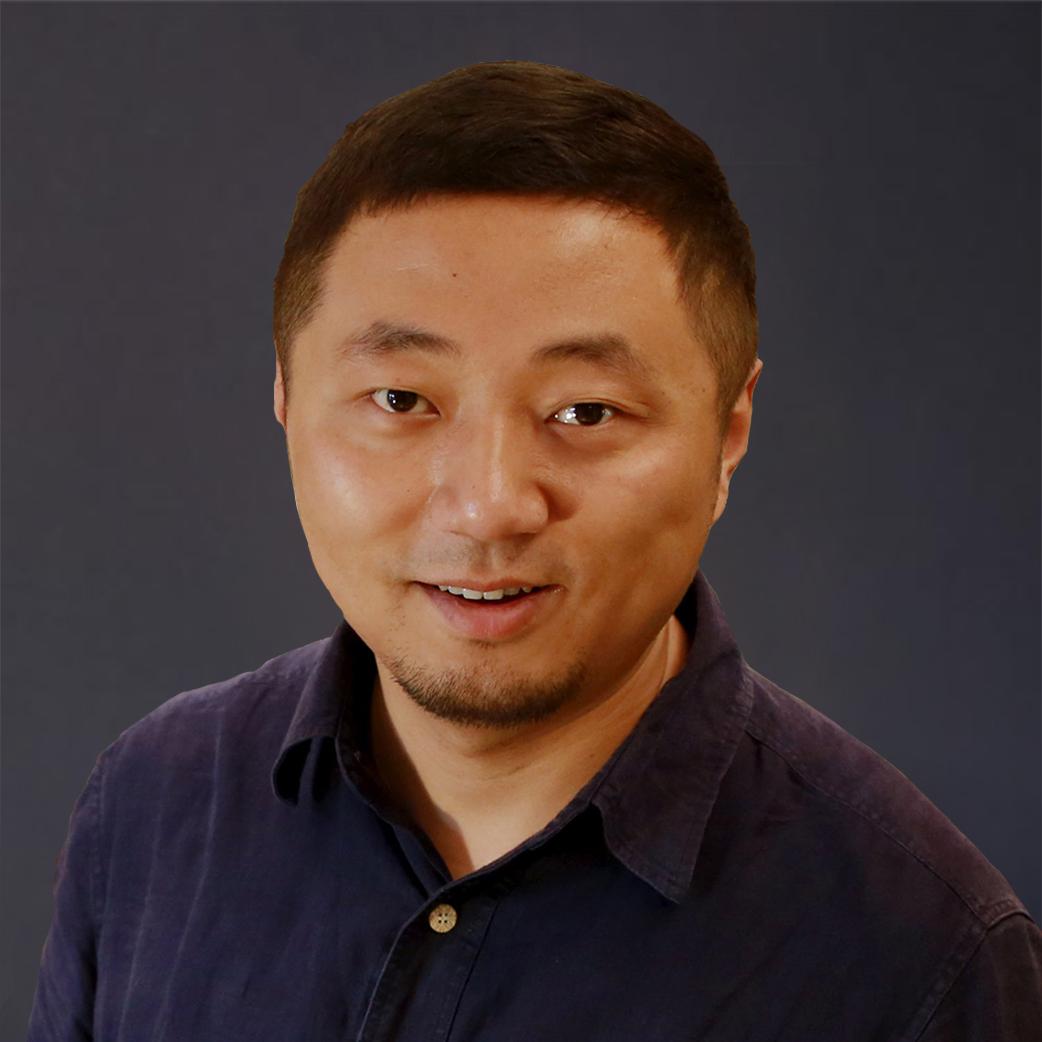
Ding Ma, Professor in College of Chemistry and Molecular Engineering, Peking University. He read chemistry in Sichuan University (1996), and obtained his Ph.D from the State Key Laboratory of Catalysis, Dalian Institute of Chemical Physics (2001). After his postdoctoral stay in Oxford University and University of Bristol, he started his research career in Dalian Institute of Chemistry as associate professor (2005). He was promoted as a full professor in 2007 and moved to Peking University in 2009. His research interests are heterogeneous catalysis, especially those related with energy issues, including C1chemistry (methane and syngas conversion), hydrogen production/transportation, new reaction route for sustainable chemistry and the development of in-situ spectroscopic method that can be operated at working reaction condition to study reaction mechanism. He is Fellow of Royal Society of Chemistry, and Associate Editor for ACS Catalysisand Chinese Journal of Chemistry. He is also on the Editorial Boards ofJournal of Energy Chemistry , Science Bulletin, Joule, and Catalysis Science & Technologyetc.
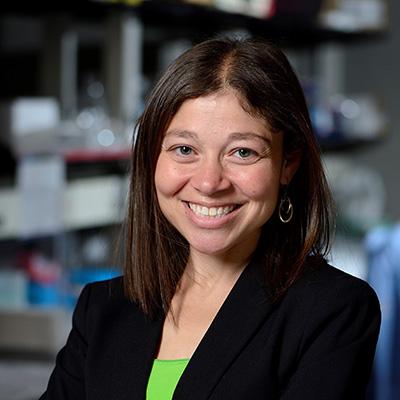
Dr. Jamie Spangler earned a Bachelor of Science degree in Biomedical Engineering at Johns Hopkins University and went on to complete a Ph.D. in Biological Engineering at MIT under the supervision of Professor K. Dane Wittrup. She conducted postdoctoral training in Professor K. Christopher Garcia’s lab at Stanford University School of Medicine, and then launched her independent research group at Johns Hopkins University in July 2017, jointly between the departments of Biomedical Engineering and Chemical & Biomolecular Engineering. Dr. Spangler’s lab, located in the Translational Tissue Engineering Center at the School of Medicine, applies structural and mechanistic insights to re-engineer existing proteins and design new proteins to interrogate and therapeutically modulate the immune response. In particular, her group focuses on molecular engineering of immune proteins such as cytokines, growth factors, and antibodies for targeted treatment of diseases including cancer, infectious diseases, autoimmune disorders. Dr. Spangler’s work has been recognized with honors including a National Defense Science and Engineering Graduate Fellowship, a Leukemia & Lymphoma Society Career Development Fellowship, a V Foundation Scholar award, and a Maryland Stem Cell Research Fund Discovery award.
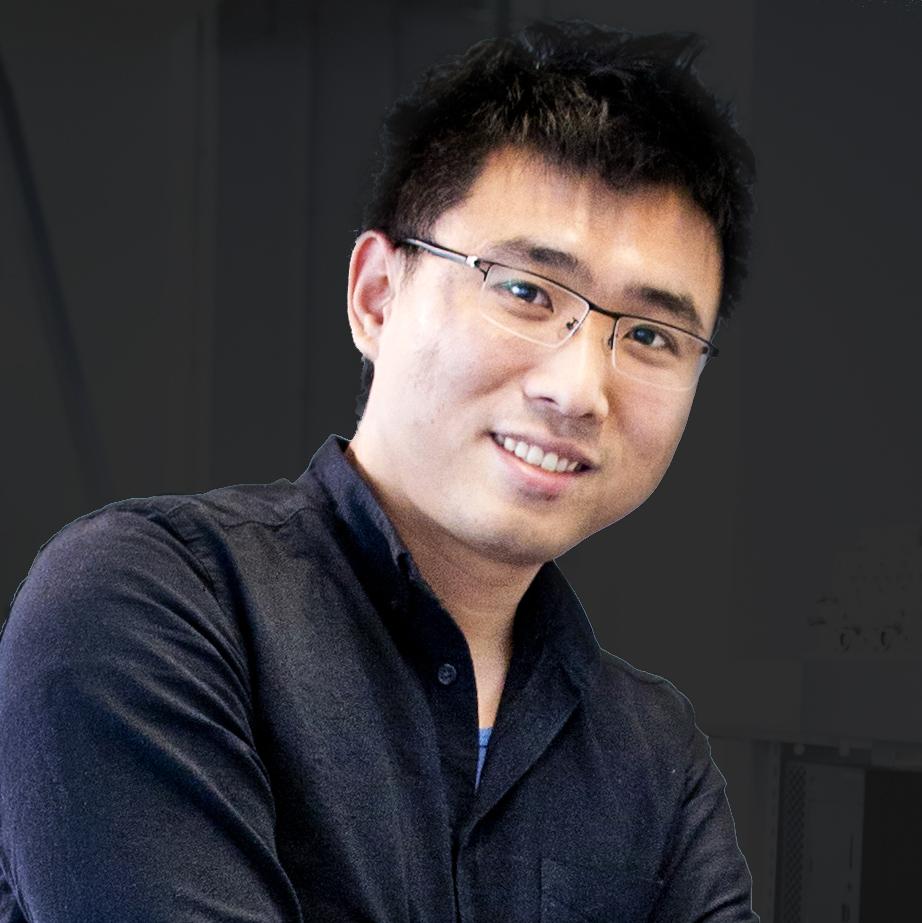
Hao Zhang graduated from Peking University in 2010 with a bachelor degree in Physics and a minor in Economics. Then he obtained his PhD in physics from Duke University (together with a master degree in electrical engineering). From 2014 to 2018, he did his postdoc research in Delft University of Technology (Netherlands) focusing on the experiments of topological quantum computation. The research, funded by Microsoft Corporation, studies Majorana zero modes based on semiconductor nanowire systems. In the August of 2018, he joined the Department of Physics, Tsinghua University as an associate professor, with a joint affiliation in the Beijing Academy of Quantum Information Sciences (BAQIS). Hao Zhang’s research group aims at the experimental realization of topological qubit by fabrication of Majorana devices and quantum transport measurement/control. He has published two Nature papers and four Nature family/PRL papers as a leading author in this field.
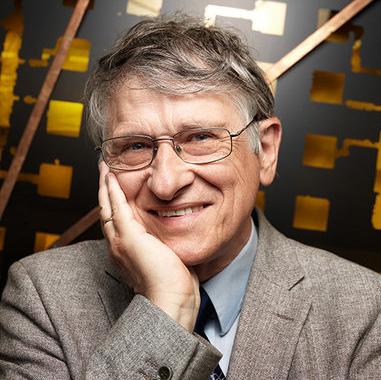
Klaus von Klitzing was born in 1943 in Schroda. He received his PhD from the University of Würzburg in 1972. After research stays in England, USA and France he became a Professor at the Technical University in Munich in 1980. Since 1985, he was until 2018 director at the Max Planck Institute for Solid State Research in Stuttgart, Germany. He has been awarded the Nobel Prize in Physics in 1985 for the discovery of the Quantum Hall Effect. This quantum effect opened a new research field and plays a major role in metrology, not only as a resistance standard RK=h/e² with the Planck constant h and the elementary charge e, but also in connection with the realization of a new SI system, especially a new kilogram, based on fundamental constants. Since 20.5.2019, the von Klitzing constant RK has a fixed value like the velocity of light.
He has published more than 500 papers in the field of semiconductor quantum structures and received a large number of national and international awards. He holds 22 honorary degrees including honorary professor at Fudan University, Wuhan University and Shanghai University. Besides many other fellowships, he is a foreign member of the National Academy of Sciences of the United States of America, the Russian Academy of Sciences, the Royal Society of London, the Chinese Academy of Sciences and the Pontifical Academy of Sciences. Since 2018, he is an Advisory Board Member of Beijing Academy of Quantum Information Sciences (BAQIS).
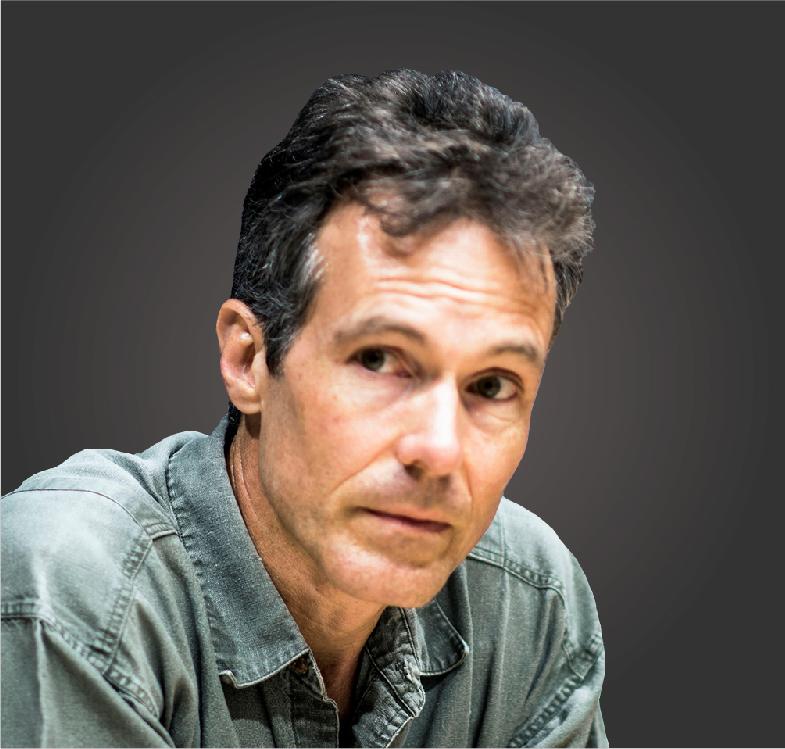
Eric Smith is a Professor and Principle Investigator of the Earth-Life Science Institute in the Tokyo Institute of Technology, a Senior Research Scientist in the School of Biological Sciences at the Georgia Institute of Technology, and External Professor of the Santa Fe Institute in New Mexico.
His research concerns the origin of life as a phenomenon in planetary geochemistry, and major transitions in living structure and evolution. His approach is highly interdisciplinary, drawing on biochemistry and geochemistry, evolutionary biology, and computational modeling, but also incorporating fundamental concepts of robustness, complexity, and error correction from modern physics, computer science, and control theory.
Smith was trained in Physics and Mathematics at the California Institute of Technology (B.S.) and the University of Texas at Austin (Ph.D.). Much of his current research philosophy was formed during eleven years in residence at the Santa Fe Institute, where he remains an affiliated professor. At SFI, in addition to the origin of life and evolution, his research topics included financial and institutional economics, statistical physics, biophysics, and historical linguistics and semantics.
Smith is the co-author, with Harold Morowitz, of The Origin and Nature of Life on Earth: The Emergence of the Fourth Geosphere (Cambridge U. Press, 2016); with Supriya Krishnamurthy, of Symmetry and Collective Fluctuations in Evolutionary Games (Institute of Physics Press, 2015); and with Martin Shubik, of The Guidance of an Enterprise Economy (MIT Press, 2016).
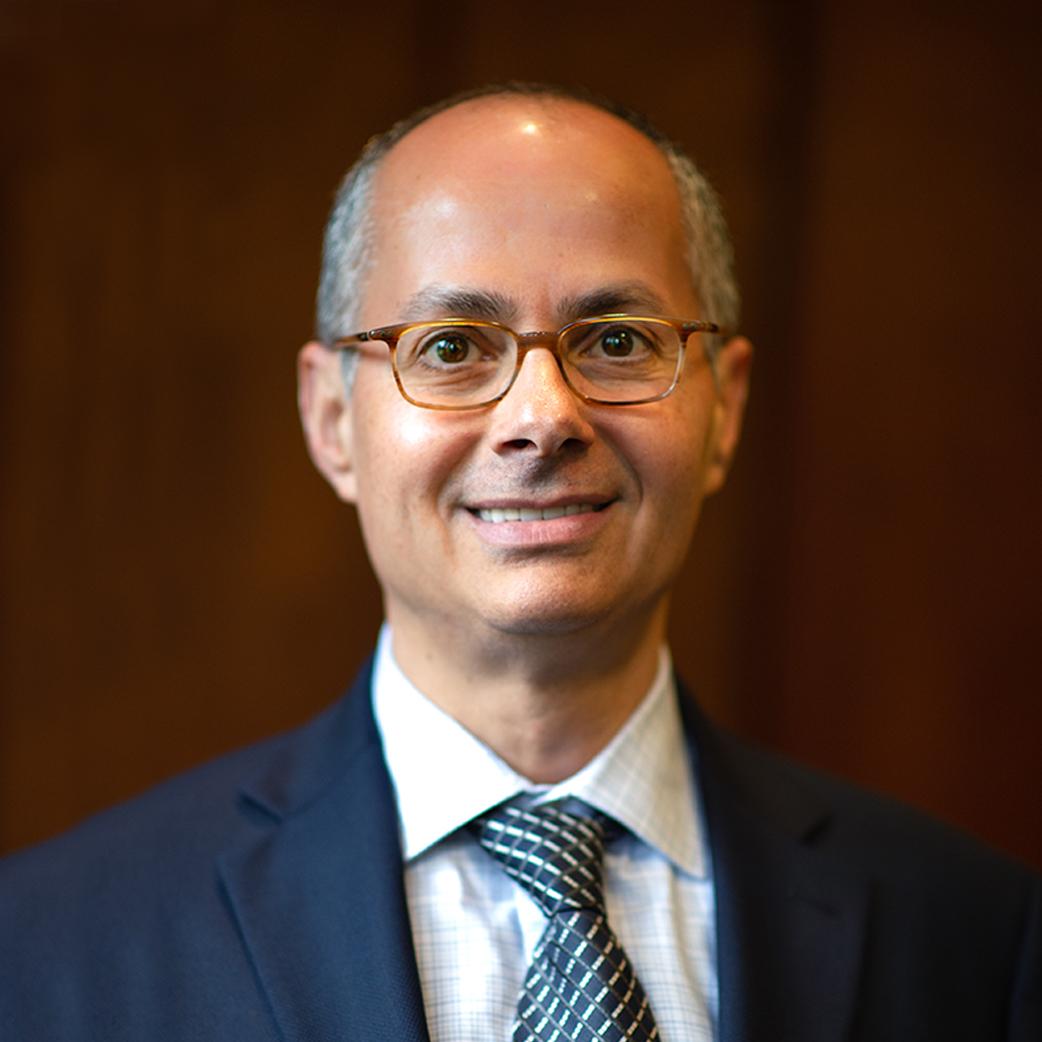
Omar M. Yaghi received his B.S. degree from State University of New York-Albany (1985), and Ph.D. from the University of Illinois-Urbana (1990). He was an NSF Postdoctoral Fellow at Harvard University (1990-92). He has been on the faculties of Arizona State University (1992-98), University of Michigan (1999-2006), and UCLA (2007-2011). He is currently the James and Neeltje Tretter Chair Professor of Chemistry at UC Berkeley, and a Senior Faculty Scientist at Lawrence Berkeley National Laboratory. He is the Founding Director of the Berkeley Global Science Institute. He is also the Co-Director of the Kavli Energy NanoScience Institute, and the California Research Alliance by BASF.
He is widely recognized for establishing a new field of chemistry, reticular chemistry, which has led to metal-organic frameworks among many other new classes of porous materials. He has been recognized by numerous awards among these are: Solid-State Chemistry Award of the American Chemical Society and Exxon Co. (1998), Sacconi Medal of the Italian Chemical Society (2004), Materials Research Society Medal for pioneering work in the theory, design, synthesis and applications of metal-organic frameworks (2007), the American Chemical Society Chemistry of Materials Award (2009), United Kingdom's Royal Society of Chemistry Centenary Prize (2010), China Nano Award (2013), King Faisal International Prize in Science (2015), Mustafa Prize in Nanoscience and Nanotechnology (2015), TÜBA Academy Prize in Basic and Engineering Sciences (2016), Royal Society of Chemistry Spiers Memorial Award (2017), King Abdullah II Order of Distinction of the First Class (2017), Japan Society of Coordination Chemistry International Award (2017), Kuwait Prize in Fundamental Sciences (2017), Albert Einstein World Award of Science conferred by the World Cultural Council (2017), BBVA Foundation Frontiers of Knowledge Award in Basic Sciences (2018), and Wolf Prize in Chemistry (2018). He published over 280 articles, which have received an average of over 500 citations per paper.
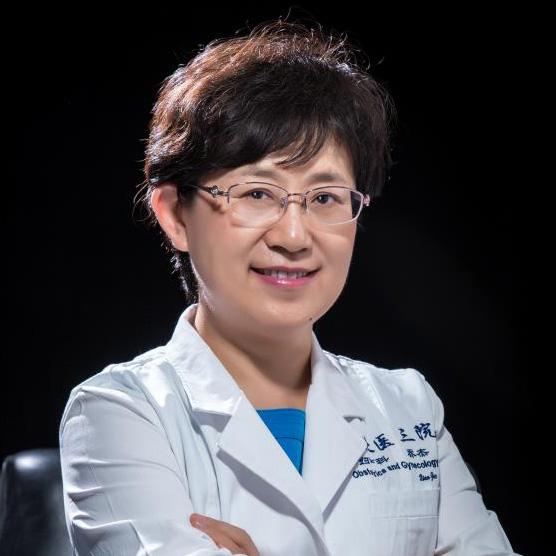
Jie Qiao, is Academician of Chinese academy of engineering, President and Chief Physician of Peking University Third Hospital, Director of the National Clinical Research Center on Obstetrics and Gynecology (OBYGN) Disease, Expert Advisory Committee Member of the Healthy China Initiative, President of China Women Doctors Association, Chair for the Reproductive Medical Society of Chinese Medical Doctor Association, Chief editor of《Human Reproduction Update (Chinese version)》and Special Consultant《NEJM Medical frontier》.
Her reproductive research focus on the molecular mechanism of human gametogenesis and embryo development, infertility causes and clinical treatments, the protection and preservation of female fertility as well as developing new pre-implantation diagnosis methods. Qiao has led the team to achieve a number of technical and theoretical breakthroughs in the systematic study of human embryonic development and team made many landmark contributions to the development of reproductive medicine. From 2016, about 600,000 outpatients visited Peking University Third Hospital ART Center every year. Up to now, she has published 211 SCI papers as the first or corresponding author, including Science, Cell, JAMA, Nature, Lancet, Nature Genetics etc, providing new insights into the mechanism of epigenetic regulation during embryonic development and bringing hope to a great number of infertile patients in China.
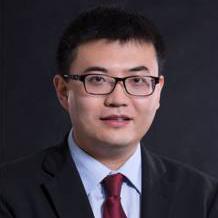
Ang Li was born in Jilin, Chinain 1982. In 2004, He receivedhis B.Sc. at Peking University (China) where he worked with Prof. Zhen Yang. He carried outgraduate research at The Scripps Research Institute (USA)under the supervision of Prof. K.C. Nicolaouand defended his Ph.D. dissertation in 2009. He then worked as a postdoctoralfellow in the Nicolaou laboratory at Institute of Chemical and Engineering Sciences (Singapore), before hejoined the faculty of Shanghai Institute of Organic Chemistry (SIOC), Chinese Academy of Sciences in September, 2010.He received the National Science Fund for Distinguished Young Scholarsin 2015 and Tetrahedron Young Investigator Award for Organic Synthesis in 2017. His research has been focused on the chemical synthesis of structurally and biologically interesting natural products. He and co-workers have developed powerful strategies for the construction of complex molecular architectures, which has resulted in the syntheses of >90 natural products (from >15 families).
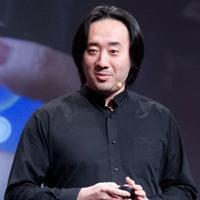
Associate Professor
Center for Computer Research in Music and Acoustics (CCRMA)
Department of Music (also Computer Science, by Courtesy)
Stanford University
RESEARCH INTERESTS
Artful design; computer music; programming languages and interactive software design for computer music; human-computer interaction design; laptop orchestra; computer-mediated performance, sound synthesis and analysis; toy and game design; audiovisual design; mobile music; virtual reality and augmented reality design, human-in-the-loop artificial intelligence, philosophy of design and aesthetics of technology; education at intersection of arts, engineering, and the humanities.
AWARDS AND ACCOMPLISHMENTS
The Roberta Bowman Denning Fund for Humanities and Technology, 2017
For projects that promote focused attention on Humanities and Technology and that
demonstrates the benefits of cross-disciplinary approaches in research and teaching; To
support book project and the design of “The Artful Design” curriculum.
John Simon Guggenheim Foundation Fellowship, 2016
For prior achievement and exceptional promise in scholarship or creativity in the arts.
Project: Artful Design: Technology in Search of the Sublime — a book and manifesto about
technology and its shaping, meticulously designed using a radical, unconventional format.
http://www.gf.org/fellows/ge-wang/ | https://artful.design/
Residency, Stanford Center @ Peking University, 2014
To bring Stanford Laptop Orchestra to China for residency, joint graduate seminar with local
University students, and live performance; first laptop orchestra venture into China.
Champion of the Arts, 2013
Annual award recognizes an individual for significant contribution to promotion of music
and the arts in Silicon Valley. Presented by Cantabile Youth Singers and City of Palo Alto.
Faculty Fellow, Stanford Center @ Peking University, 2013
Summer residency to promote the arts and technology in outreach to China.
Co-founder of Smule, a mobile music startup, 2008-2013
Built from inception in 2008 to 125 millions users in 2013.
Inventor and chief designer of mobile music apps (iPhone, iPad, Android):
Ocarina, Magic Piano, Leaf Trombone: World Stage, Magic Fiddle
Combined: over 100 million users (since 2008)
Apple Hall of Fame App: Ocarina
Inducted in the inaugural class in 2010 by Apple Inc.
Stanford University “Three Books” Author, 2012
As author of mobile/social music applications for class 2016; curated by Mark Applebaum
San Francisco Symphony Board of Governors, 2011-present
Board Member.
Emerging Pioneer Award, 2012
Selected by independent jurors, KAPi at CES 2012
Annenberg Faculty Fellow 2009-2011, Stanford University
“… to recognize outstanding junior faculty in the Humanities and Arts.”
Best Children’s App: Magic Piano, 2011
Selected by 11 independent jurors from over 500 products at KAPi, CES 2011
The 2010 Creativity 50 Award
Awarded annually to 50 individuals worldwide for creative thinking and doing in media,
technology, and culture, Creativity Magazine, 2010.
Entrepreneurs We Love 2010, Inc. Magazine
… for “turning app development into an art form.”
National Science Foundation Creative IT Grant (No. IIS-0855758), 2010-2012
Co-PI (with Georgia Tech), exploring improvisation in computer music
App-Nation Pioneer Award 2010
Awarded for achievement impacting development and growth of mobile applications.
The 2009 Creativity 50 Award
Awarded annually to 50 individuals worldwide for creative thinking and doing in media,
technology, and culture, Creativity Magazine, 2009.
The Silicon Valley 40 Under 40
Awarded annually to 40 individuals for innovation, San Jose Business Journal, 2009.
2006 ICMA Swets & Zeitlinger Distinguished Paper Award
“TAPESTREA: Re-composing Natural Sounds” (with Ananya Misra and Perry Cook)
Awarded annually to one paper at the International Computer Music Conference.
2004 ICMA Best Presentation Award
For: “The Audicle: A Context-sensitive, On-the-fly Audio Programming Environ/mentality”
Chosen from 210 research paper presentations, by vote from conferees ICMC 2004
2004 ACM Multimedia Best Open-Source Software Competition (co-winner)
For: “ChucK : Programming Language for Real-time Audio and Multimedia”
Selected from 10 open-source projects, by jury at ACM Multimedia 2004, New York.
2003 ICMA Best Presentation Award
For: “ChucK: A Concurrent, On-the-fly Audio Programming Language”
Chosen from 80 research paper presentations, by vote from conferees at ICMC 2003
Presented more than 100 invited talks and keynotes (2007–present)
Topics: artful design, computer music, programming, music software design, mobile music,
social music, laptop orchestra, design, art & entrepreneurship, philosophy of design.
PATENTS (AWARDED AND PENDING)
“System and Method for Capturing and Rendering of Performance on Synthetic Musical Instrument.” U.S. Patent 8222507. With Spencer D. Salazar and Perry R. Cook, assigned to Smule 2012. Description: Capturing multiple gestures on a mobile device (blowing on the microphone, touching various points on a multi-touch screen, tilting the
device, etc.), encoding those gestures (effectively compressing the performance), using the gesture codes to control a synthesizer in real time, uploading the gesture codes to a server for later transmittal and resynthesis on another client, using uploaded gestures to render a sound file (.wav, .mp3, etc.) on a server and offering playback of such files on a mobile or nonmobile device (e.g., via a web browser). Geo-coding the location of a performance, transmitting that information to a server, and using it later to display resynthesized performances on a globe or map (either on mobile device or other).
“World Stage for Pitch-Corrected Vocal Performance.” Patent Filed 2012, U.S. Nonprovisional 12/876133. With Spencer D. Salazar, Rebecca A. Fiebrink, Mattias Ljungstrom, Jeffrey C. Smith, and Jeannie Yang. Description: Global Community Singing: retrieval and playing back (with globe display) on a mobile device and mixed (possibly pitch-corrected and/or harmonized), rendered, and geo-coded vocal performance. Collecting and displaying further geo-coded data about performances, such as “likes/loves,” rankings, thumbs-up/down, chat and comments, etc. Mixing multiple asynchronous performances into crowdsourced choirs.
“System and Method for Capture and Rendering of Performance on Synthetic String Instrument.” Patent Filed 2011, U.S. Non-provisional 13/292773. With Spencer D. Salazar, Rebecca A. Fiebrink, Mattias Ljungstrom, Jeffrey C. Smith, and Jeannie Yang. Description: Capture of finger gestures on virtual strings, combined with finger gestures indicative of bowing one or more strings, using an encoding of the gesture streams to control a digital string instrument model for sound synthesis. Displaying score-driven markers on the multi-touch display to indicate to the user where and when gestures should be performed in real-time.
“Audiovisual Sampling for Percussive-Type Instrument with Crowd-sourced Content Sourcing and Distribution.” Patent Filed 2012, U.S. Non-provisional 13/607153. With Nick Kruge and Perry Cook. Description: Capture of short video / audio clips, triggered by audio events and settings. Converting and pre-caching of clip video frames. Trigger playback of clips by tapping, in a displayed array (palette) of clips, with optional pitch and time transformations. Video playback (dynamic framerate) driven by audio playback. Capturing of taps and gestures, for playback in looping mode.
CV: https://www.gewang.com/cv.pdf
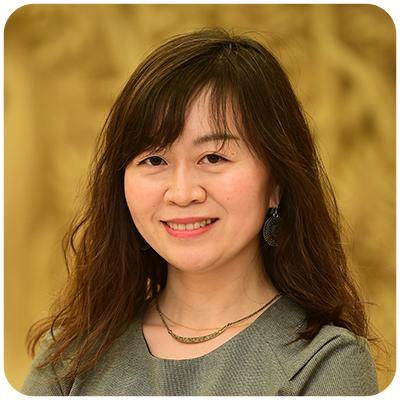
Yanchao Bi is a ChangJiang professor in IDG/McGovern Institute for Brain Research and the State Key Laboratory of Cognitive Neuroscience and Learning, at Beijing Normal University. She received her PhD from the Department of Psychology, Harvard University in 2006. Her current work focuses on the study of functional and neural architecture associated with semantic memory and language, using cognitive, neuropsychological and neuroimaging methods. Her work is funded by ministry of science and technology (973project) and national science foundation of China. She serves on the editorial board of several Journals including Cognition, Neurobiology of Language, Cognitive Neuropsychology, was a Sackler scholar of psychophysiology and a Fulbright scholar, and was listed as a rising star in the Observer by the American psychological association.
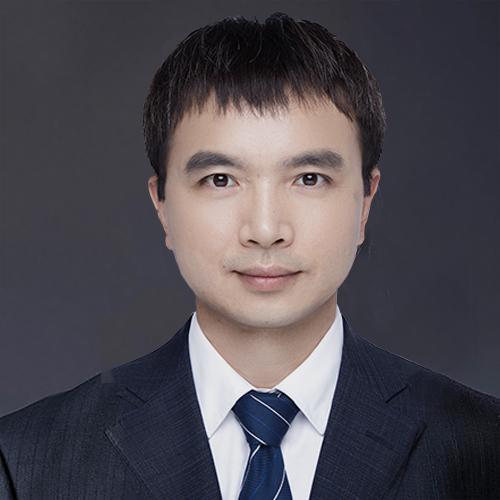
Prof. Yuanbo Zhang received his BS from Peking University in 2000 and his PhD in Physics from Columbia University in 2006. He was a Miller Research Fellow at the University of California at Berkeley from Sept. 2006 to Jun. 2009, a postdoc research associate at IBM Almaden Research Center from Mar. 2010 to Sept. 2010, and a professor of Fudan University from 2011. His main research interests are: Electronic transport in low-dimensional systems including graphene; Scanning probe techniques and their application in studying low-dimensional nanostructures. Major honors include: IUPAP Young Scientist Prize (C8), Qiushi Young Scholar Award, Nishina Asia Award.
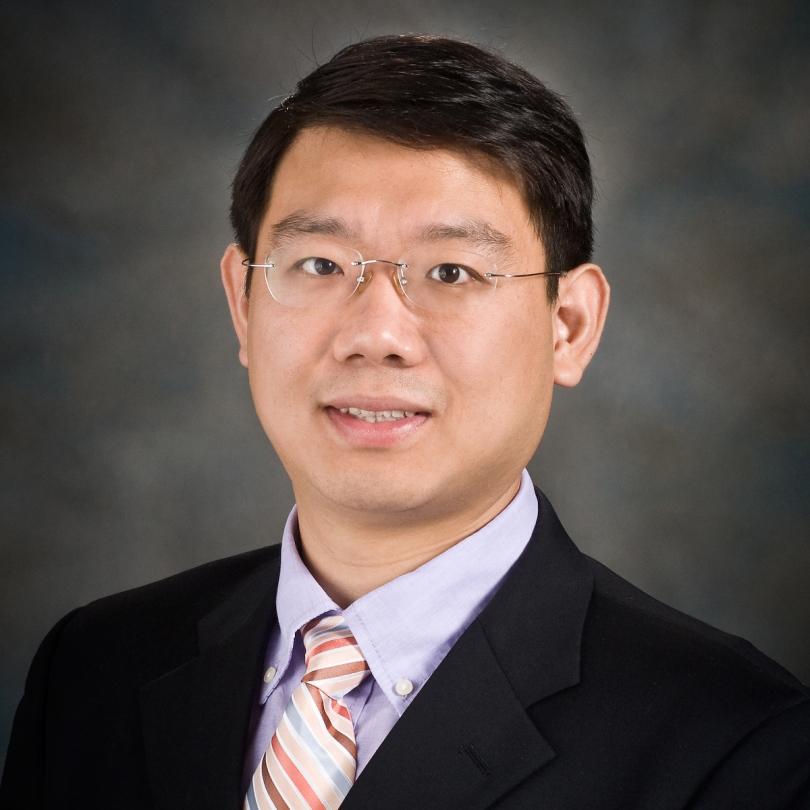
Dr. Han Liang is a Professor and Deputy Chair of Department of Bioinformatics and Computational Biology, and he is also a full professor in the Department of Systems Biology at the University of Texas MD Anderson Cancer Center. He obtained his B.S. in chemistry from Peking University in 2001 and his Ph.D in computational biology from Princeton University in 2006, and joined MD Anderson as Assistant Professor in 2009. His group focuses on integrative cancer genomic data analysis and development of related bioinformatics tools. The current research topics include enhancers, RNA editing, functional proteomics, cancer biomarkers, and therapeutic targets. He has published >140 peer-reviewed research articles including 10 lead corresponding-author papers in Cell, Cancer Cell, Nature Biotechnology, Nature Methods, Nature Genetics, and Nature Metabolism. Meanwhile, he takes leading roles in large consortium projects such as The Cancer Genome Atlas and International Cancer Genome Consortium (ICGC) Pan-Cancer Whole Genome Analysis Project. Since 2012, his research has attracted wide attention such as The Wall Street Journal,Newsweek,and CCTV.
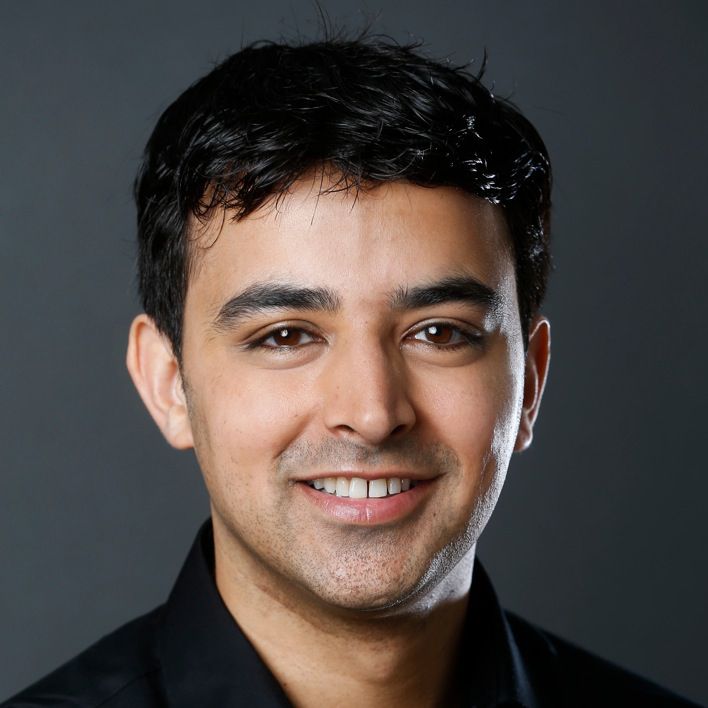
Core Faculty Member, New York Genome Center
Assistant Professor, NYU Center for Genomics and Systems Biology
Rahul Satija, PhD, is a Core Member and Assistant Investigator at the New York Genome Center, with a joint appointment as Assistant Professor at Center for Genomics and Systems Biology at NYU.
Dr. Satija’s group focuses on developing computational and experimental methods to sequence and interpret the molecular contents of a single cell. His group applies single cell genomics to understand the causes and consequences of cell-to-cell variation, with a particular focus on immune regulation and early development. His group has developed and maintained the R package Seurat for the analysis, exploration, and integration of single-cell data.
Dr. Satija holds a BS in Biology and Music from Duke University, and obtained his PhD in Statistics from Oxford University as a Rhodes Scholar. Prior to joining NYGC, he was a postdoctoral researcher at the Broad Institute of Harvard and MIT, where he developed new methods for single cell analysis.
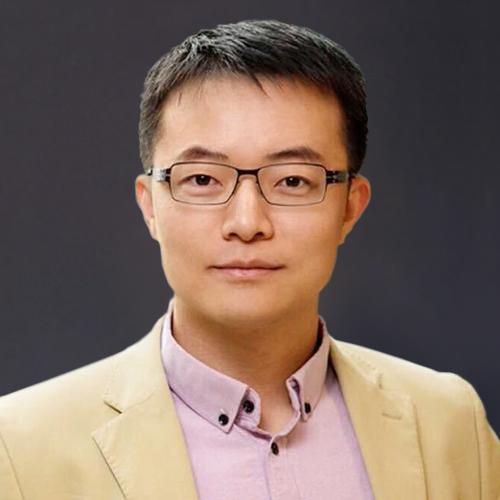
Song Han is an assistant professor at MIT EECS. Dr. Han received the Ph.D. degree in Electrical Engineering from Stanford advised by Prof. Bill Dally. Dr. Han's research focuses on efficient deep learning computing. He proposed “Deep Compression” and “ EIE Accelerator" that impacted the industry. His work received the best paper award in ICLR'16 and FPGA’17. He is the co-founder and chief scientist of DeePhi Tech which was acquired by Xilinx.
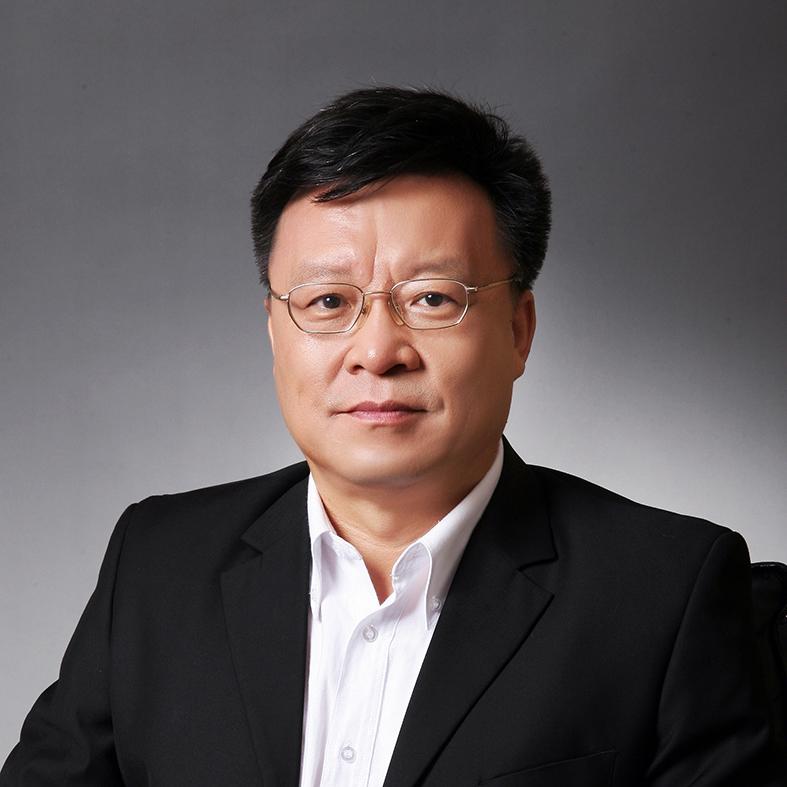
Prof. Wen Gao received his Ph.D. degree in electronics engineering from the University of Tokyo in 1991. He now is a Fellow of IEEE, a Fellow of ACM, and a Member of Chinese Academy of Engineering. He is a Boya Chair Professor and the Director of Faculty of Information and Engineering Sciences at Peking University. He is the Director of Peng Cheng Lab. (Shenzhen Cyberspace Laboratory). He also serves as the president of China Computer Federation (CCF) since 2016. He is the vice president of National Natural Science Foundation (NSFC) of China from Mar. 2013 to Feb. 2018.
Prof. Gao works in the areas of multimedia and computer vision, topics including video coding, video analysis, multimedia retrieval, face recognition, multimodal interfaces, and virtual reality. His most cited contributions are model-based video coding and face recognition. He published seven books, over 220 papers in refereed journals, and over 600 papers in selected international conferences. He earned many awards including six State Awards in Science and Technology Achievements.
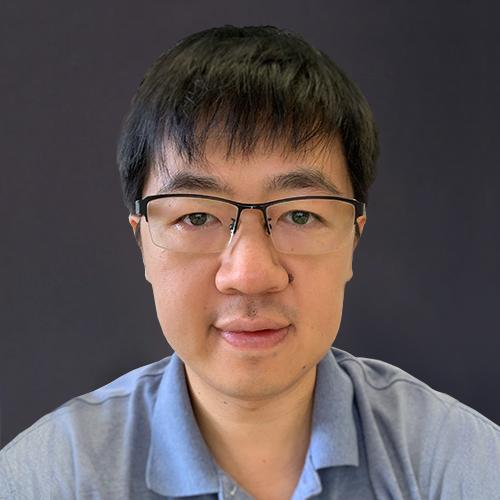
Born in Jul. 1982, Beijing, Chen Fang graduated from Peking University and Purdue University in 2004 and 2011, respectively, with Bachelor’s Degree and Doctor of Philosophy Degree in physics. From 2011 to 2015, he was a postdoctoral research associate at Princeton University, University of Illinois and Massachusetts Institute of Technology. He joined Institute of Physics, Chinese Academy of Sciences in Nov. 2015 as an associate researcher, promoted to researcher in Jul. 2018. After returning to China, his main academic results include: establishing the theory of high-order topological insulators, classifying topological crystalline insulators, finding the quantitative mappings between symmetry representations of energy bands and topological properties in solids, and the theoretical prediction of over 8000 new topological materials based on a new method he developed, by far exceeding in number the discovered topological materials in the past decade.
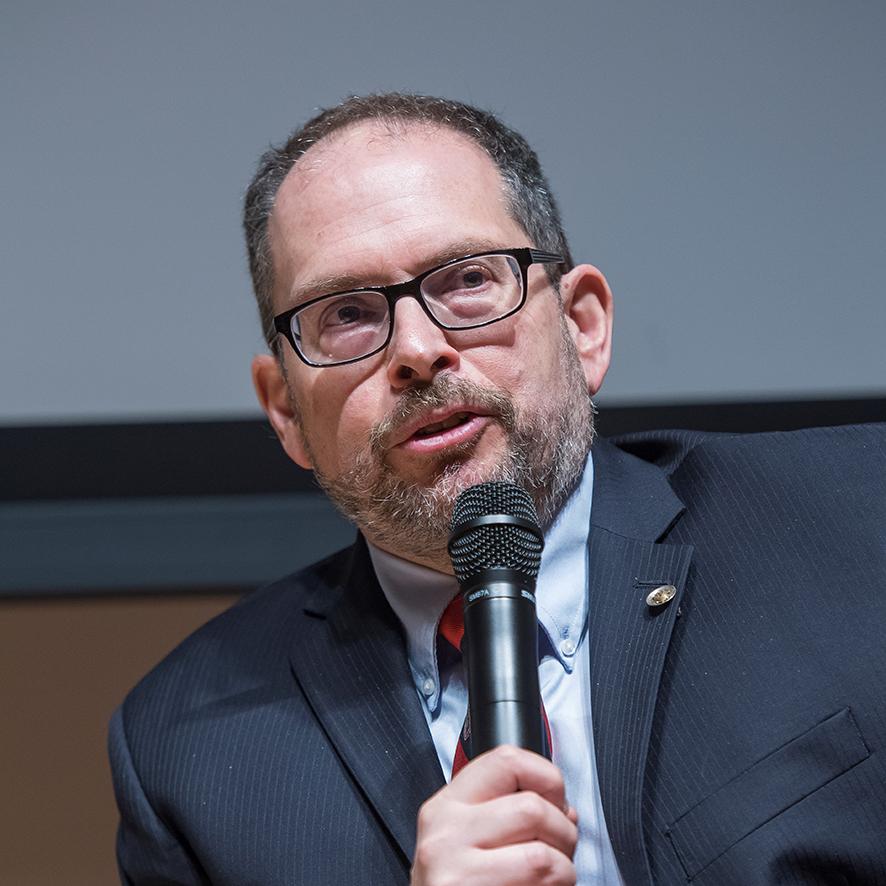
Jonathan Lunine is the David C. Duncan Professor in the Physical Sciences and Chair of the Department of Astronomy at Cornell University, in Ithaca, NY. He is also the David Baltimore Distinguished Visiting Scientist at the NASA Jet Propulsion Laboratory in Pasadena, CA. Lunine is interested in how planets form and evolve, what processes maintain and establish habitability, and what kinds of exotic environments (methane lakes and seas on Titan, for example) might host a kind of chemistry sophisticated enough to be called "life". He pursues these interests through theoretical modeling and participation in spacecraft missions. He worked with the radar and other instruments on Cassini and the Huygens Titan Probe, is co-investigator on the Juno mission now in orbit at Jupiter, and on the MISE instrument for the Europa Clipper mission. He is the Interdisciplinary Scientist for Astrobiology for the James Webb Space Telescope, focusing on characterization of extrasolar planets and Kuiper Belt objects. Lunine has contributed to concept studies for a wide range of planetary and exoplanetary missions. Lunine is a member of the National Academy of Sciences (NAS) and has participated in or chaired a number of advisory and strategic planning committees for the NAS, NSF and NASA. He received a B.S. degree in Physics and Astronomy from the University of Rochester in 1980, and M.S. and Ph.D. degrees in Planetary Science in 1983 and 1985 from Caltech.
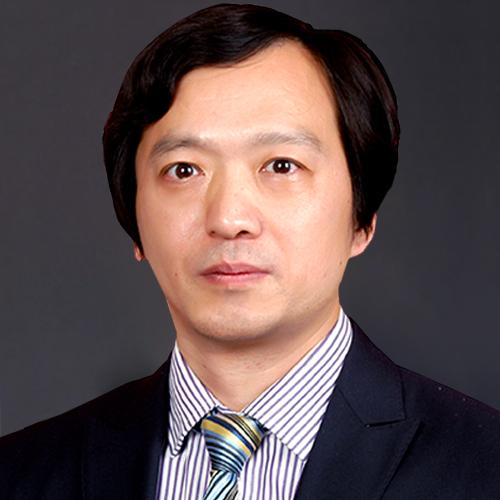
Dr. Zhiqiang Shen is an observational radio astronomer at Shanghai Astronomical Observatory with expertise on Very Long Baseline Interferometry (VLBI) technique and its application in astrophysics. His main research interests include investigation of the super-massive black hole at the Galactic Centre with radio observations as well as numerical simulations, high-resolution (Space-)VLBI study of the central parsec region of Active Galactic Nuclei (AGN) etc. He has been actively involved in the Event Horizon Telescope (EHT) international collaboration. Dr. Shen currently serves as project scientist for the Shanghai TianMa 65-m Radio Telescope.
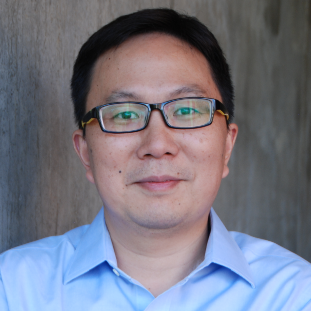
Dr. Duan received his B.S. Degree from University of Science and Technology of China in 1997, and Ph.D. degree from Harvard University in 2002. He was a Founding Scientist and then Manager of Advanced Technology at Nanosys Inc., a nanotechnology startup founded based partly on his doctoral research. Dr. Duan joined UCLA with a Howard Reiss Career Development Chair in 2008, and was promoted to Associate Professor in 2012 and Full Professor in 2013. Dr. Duan’s research interest includes nanoscale materials, devices and their applications in future electronic, energy and health technologies. Dr. Duan has published over 250 papers with over 55,000 citations, and holds 45 issued US patents. For his pioneer research in nanoscale science and technology, Dr. Duan has received many awards, including MIT Technology Review Top-100 Innovator Award, NIH Director’s New Innovator Award, NSF Career Award, Alpha Chi Sigma Glen T. Seaborg Award, Herbert Newby McCoy Research Award, US Presidential Early Career Award for Scientists and Engineers (PECASE), ONR Young Investigator Award, DOE Early Career Scientist Award, Human Frontier Science Program Young Investigator Award, Dupont Young Professor, Journal of Materials Chemistry Lectureship, International Union of Materials Research Society and Singapore Materials Research Society Young Researcher Award, the Beilby Medal and Prize, the Nano Korea Award, International Society of Electrochemistry Zhao-Wu Tian Prize for Energy Electrochemistry, and most recently Science China Material Innovation Award. He is currently an elected Fellow of Royal Society of Chemistry and Fellow of American Association for the Advancement of Science.
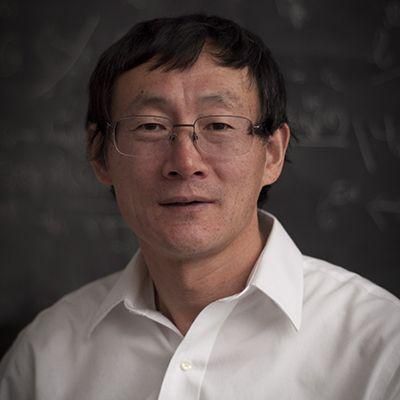
Principal Researcher, Station Q, Microsoft Research
1) Education:
University of Science and Technology of China, B.S. in Mathematics, 1987.
University of Science and Technology of China, M.S. in Mathematics, 1989.
University of California at San Diego, Ph.D. in Mathematics, 1993.
2) Appointments:
2013- Distinguished Visiting Research Chair, Perimeter Institute of Theoretical Physics.
2012- Professor, University of California at Santa Barbara (on leave).
2011- Principal Researcher, Microsoft Station Q.
2005-2012 Adjunct Professor, Univ of California at Santa Barbara.
2005-2011 Senior Researcher, Microsoft Research.
2006-2007 Professor, Indiana University.
2002-2006 Associate Professor, Indiana University.
1996-2002 Assistant Professor, Indiana University.
1993-1996 Assistant Professor, University of Michigan.
3) Selected Awards and Honors:
NSF Postdoctoral Research Fellowship (1996)
UCLA Distinguished Lecture Series Speaker (2005)
Texas A&M Frontiers in Mathematics Lecture Series Speaker (2014)
Fellow of American Mathematical Society (2018)
Alexanderson Award from American Institute of Mathematics (2019)
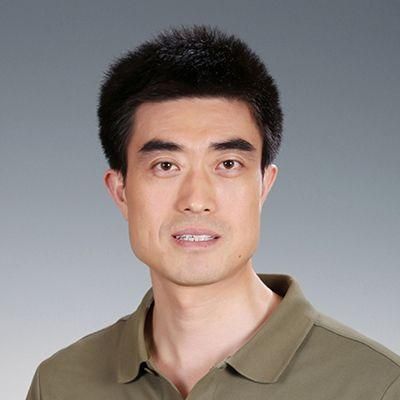
Professor, Peking University,
Biomedical Pioneering Innovation Center (BIOPIC), Beijing Advanced Innovation Center for Genomics (ICG), Peking-Tsinghua Center for Life Sciences, and the School of Life Sciences
Research interests
The research of Wei group is mainly focused on the development of eukaryotic gene editing tools, with the emphasis on the high-throughput functional genomics and gene therapy. The combination of forward and reverse genetic means are employed, often in a high-throughput fashion, for the understanding of the molecular mechanisms underlying human diseases, including cancer and infection.
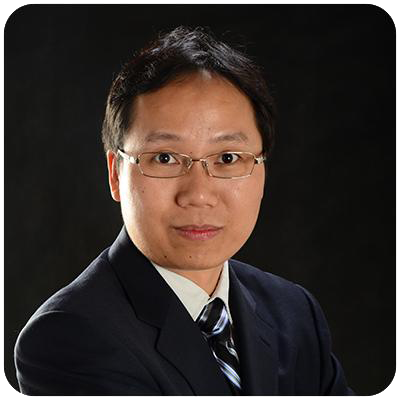
Professor, Shanghai Jiao Tong University
Haibo Chen is a Professor at School of Software, Shanghai Jiao Tong University, where he co-founds and leads the Institute of Parallel and Distributed Systems (IPADS) (http://ipads.se.sjtu.edu.cn/haibo_chen). Haibo's main research interests are building scalable and dependable systems software, by leveraging cross-layering approaches spanning computer hardware, system virtualization and operating systems. His research work has been widely adopted by open-source community like Linux and Open JDK as well as commercial products deployed over hundreds of billions of devices, resulted in numerous publications in top systems conference like SOSP/OSDI, and won several best papers from EuroSys, APSys and ICPP. He currently chairs ACM SIGOPS ChinaSys, serves on the program committees of SOSP 2019, CCS 2019, IEEE S&P 2020, ASPLOS 2020 and the editorial boards of ACM Transactions on Storage and Communications of the ACM.
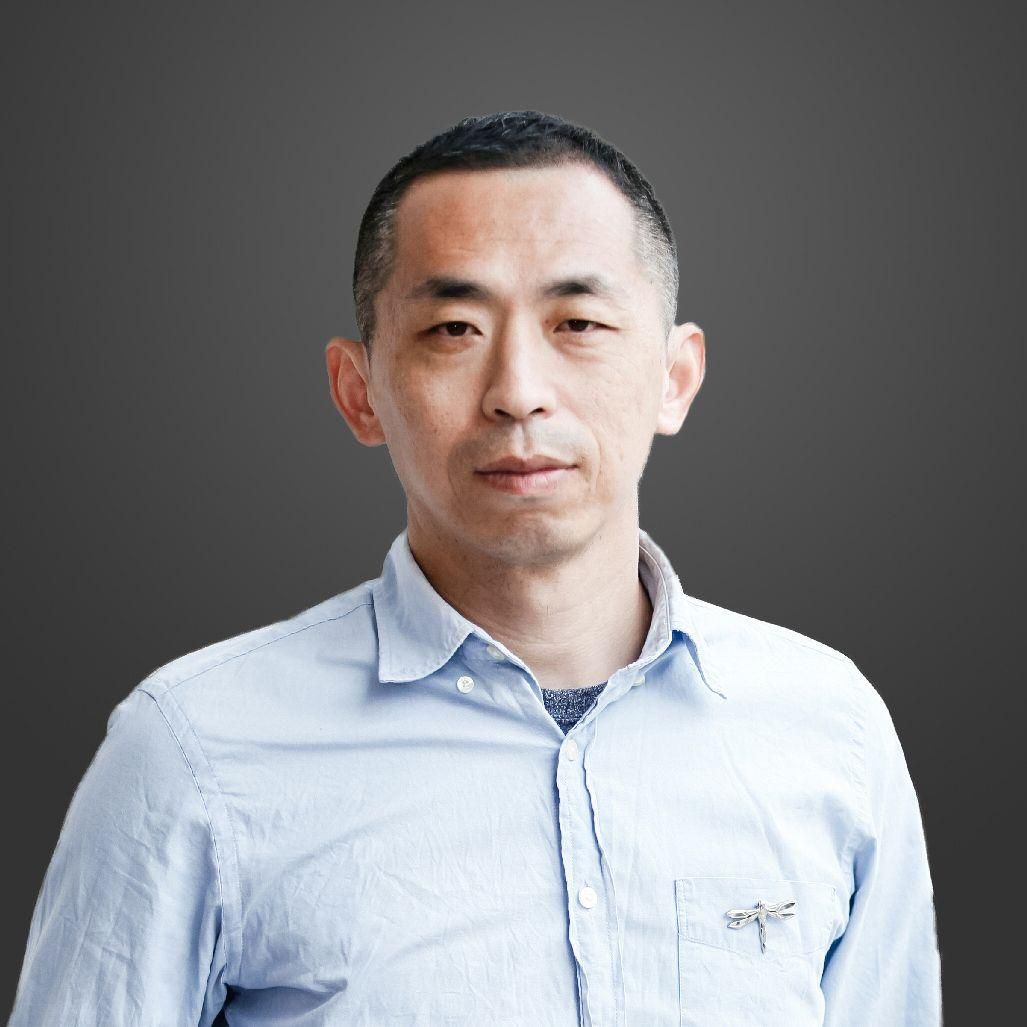
Dr. Lijun Gou is a research professor at the National Astronomical Observatories of the Chinese Academy of Sciences (NAOC) since 2012, and the adjunct professor of astronomy at the University of Chinese Academy of Sciences, deputy director of the Beijing Astronomical Society.
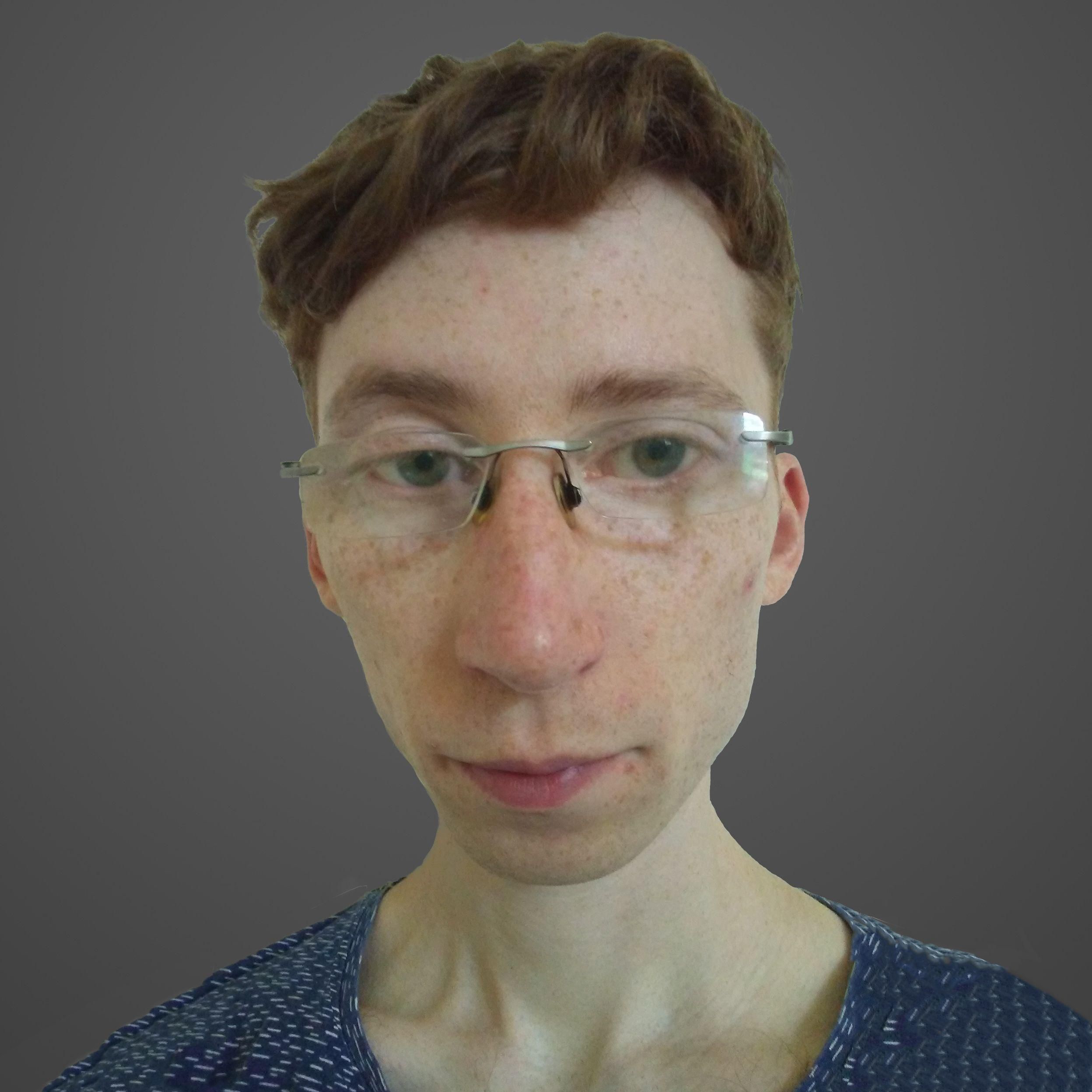
Appointments
- Institute for Advanced Study, Member, (Since September 2019)
- University of Michigan, Adjunct Assistant Professor, (Since July 2019)
- University of Michigan, D.J. Lewis Research Assistant Professor, (2016-2019)
- Institut de Mathematiques de Jussieu, FSMP postdoctoral position, (2015-2016)
Education
- ETH Zurich, Ph.D. in Mathematics, (2011-2015)
- LMU Munich, Diploma in Mathematics, (2007-2011)
Selected Recent Invited Talks
- "Gromov-Witten invariants of quintic threefolds via log GLSM" at Summer School: "New Perspectives in Gromov-Witten Theory", Paris, June 2019
- "Enumerative Geometry: Old and New" at Colloquium, Stony Brook University, December 2018
- "Logarithmic GLSM moduli spaces" at Moduli Spaces: Birational Geometry and Wall Crossings, BIRS, Banff, Canada, October 2018
- "Logarithmic GLSM" at Workshop on Higher Genus Gromov-Witten invariants, Institute of Advanced Study in Mathematics, Zhejiang University, August 2018
- "On higher genus Gromov-Witten invariants of quintic threefolds I & II" at Helvetic Algebraic Geometry Seminar Schloss Hünigen, Switzerland, June 2018
- "Compactifying the space of maps with a p-field" at Crossing the Walls in Enumerative Geometry Snowbird, Utah, May 2018
- "Log compactifications of GLSM moduli spaces" at Structures in Enumerative Geometry MSRI, March 2018
- "Yamaguchi-Yau's conjecture and finite generation" and "Moduli spaces and virtual classes related to the quintic", Higher genus workshop ETH Zürich, January 2018
Selected Publications
- Double ramification cycles on the moduli space of curves (with Rahul Pandharipande, Aaron Pixton and Dimitri Zvonkine) in "Publications de l'IHES" 125 (2017), 221--266
- Pixton's double ramification cycle relations (with Emily Clader) in "Geometry and Topology" 22-2 (2018), 1069--1108
- Relations on M_{g,n} via equivariant Gromov-Witten theory of P^1" in "Algebraic Geometry" (Foundation Compositio Mathematica) Volume 4, Issue 3 (May 2017), 311--336
- Frobenius Manifolds near the Discriminant and Relations in the Tautological Ring in "Letters in Mathematical Physics" 108 (2018), no 7, 1649--1675
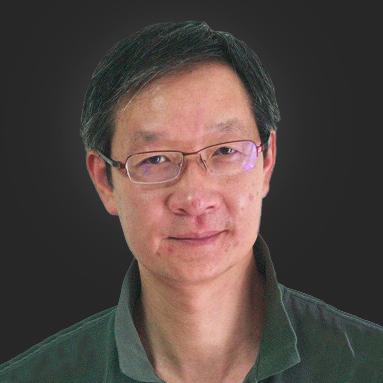
Founding Director, Amazon AWS Shanghai AI Lab; Professor, New York University, Shanghai (on leave)
Zheng Zhang is Professor of Computer Science, NYU Shanghai; Global Network Professor, NYU. He also holds an affiliated appointment with the Department of Computer Science at the Courant Institute of Mathematical Sciences and with the Center for Data Science at NYU's campus in New York City.
As of fall of 2018, Professor Zhang is taking a leave of absence and has joined Amazon AWS, taking the role of founding Director of AWS Shanghai AI Lab.
Prior to joining NYU Shanghai, Zheng was the founder of the System Research Group in Microsoft Research Asia, where he served as Principle Researcher and research area manager. Before he moved to Beijing, he was project lead and member of technical staff in HP-Labs. He holds a PhD from the University of Illinois, Urbana-Champaign, an MS from University of Texas, Dallas, and a BS Fudan University.
Zhang’s research interests combines his expertise of building large-scale distributed computing and his passion of machine learning, in particular deep-learning. He has published extensively in top system as well as machine learning conferences (OSDI, Eurosys, NSDI, NIPS, CVPR etc.).
Zhang is a member of the Association for Computing Machinery and founder of the SIGOPS APSYS workshop and the CHINASYS research community. He served regularly as PC members of leading system conferences. During his tenures in industrial labs, he was awarded 40 patents and made numerous contributions to product lines. He has several Best Paper awards as well as awards for excellence from Microsoft and HP-Labs. Professor Zhang's works can be found on his Google Scholar Page (+8K citation, H-index 47).
Zhang was founder and advisor for DL platforms such as MXNet, MinPy and most recently DGL, bringing deep learning practise to graph (see his github page)
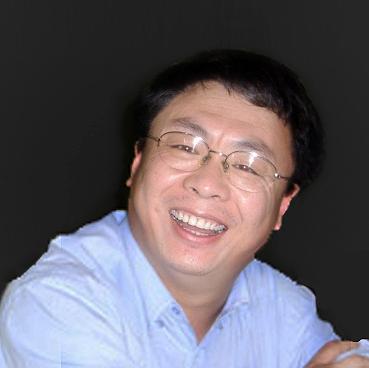
Professor,CAS Institute of High Energy Physics and University of Chinese Academy of Sciences. Devoted to studies of quasars, supermassive blackholes and cosmology. PhD from University of Science and Technology of China, Humboldt fellow in Germany, COE fellow Kyoto University in Japan. Scholar enlisted in Hundred Talent Program and NSFC-distinguished young investigator.
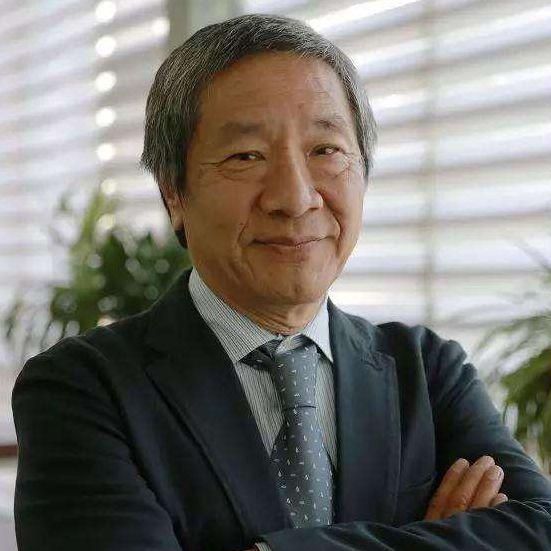
EDUCATION
1976 Ph.D., Cambridge University, Astrophysics
1971 B.S., McGill University, Montreal
ADMINISTRATIVE POSITIONS HELD
2007-11 Founding Director, Kavli Institute for Astronomy & Astrophysics, Peking University
1997-98 Chair, Department of Astronomy & Astrophysics, University of California, Santa Cruz
HONORS AND AWARDS (2015-2018)
2018 Van der Waals Professorial Chair, Amsterdam, Netherland
2018 Distinguished Visiting Professor, Tsinghua University, China
2016 Centennial Professorship, Carnegie Trust for the Universities of Scotland, UK
2015 Catherine Wolfe Bruce Medal, Astronomical Society of the Pacific, USA
2015 Brouwer Award, Division of Dynamical Astronomy, American Astronomical Society, USA
Member, American Academy of Art and Sciences
His research interests include: planet formation, structure, and evolution; solar system dynamics; star formation and interstellar medium; astrophysical hydrodynamics and stellar dynamics; theory of accretion disks; interacting binary stars; formation and dynamical evolution of stellar clusters; interacting galaxies; active galactic nuclei and black holes; intergalactic medium; gravitational waves.
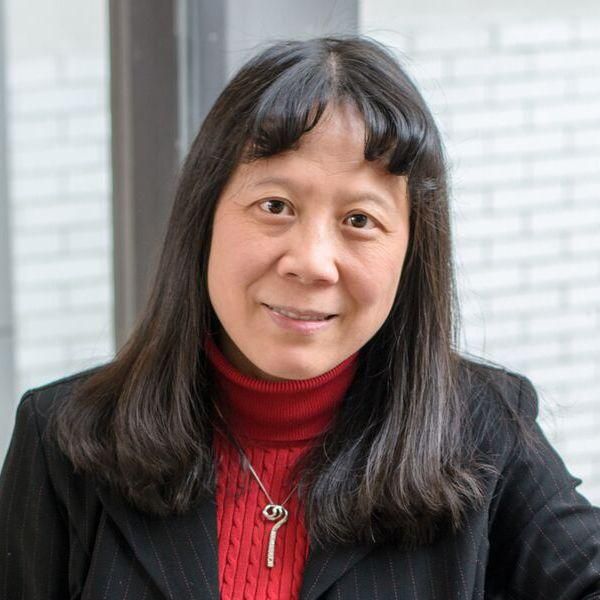
Xihong Lin is Professor and former Chair of the Department of Biostatistics and Coordinating Director of the Program in Quantitative Genomics at the Harvard T. H. Chan School of Public Health, Professor of Statistics at the Faculty of Arts and Sciences of Harvard University, and Associate Member of the Broad Institute of Harvard and MIT. Dr. Lin is an elected member of the US National Academy of Medicine. Her research interests lie in development and application of statistical and computational methods for analysis of massive genetic and genomic, population health and biomedical data, and scalable statistical inference and statistical machine learning,and cloud computing. She currently works on large-scale Whole Genome Sequencing association studies, genes and environment, integrative analysis of genome, exposome and phenome data, causal inference, analysis of complex observational study data, and statistical learning methods for massive health science data. She received the 2002 Mortimer Spiegelman Award from the American Public Health Association, and the 2006 Presidents’ Award and the 2017 FN David Award from the Committee of Presidents of Statistical Societies (COPSS). She is an elected fellow of American Statistical Association, Institute of Mathematical Statistics, and International Statistical Institute. Dr. Lin received the MERIT Award (R37) (2007-2015) and the Outstanding Investigator Award (OIA) (R35) (2015-2022) from the US National Cancer Institute (NCI). She is the contact PI of the Harvard Analysis Center of the Genome Sequencing Program of the US National Human Genome Research Institute, and the multiple PI of the NCI U19 grant on Integrative Analysis of Lung Cancer Etiology and Risk. Dr. Lin is the former Chair of the COPSS (2010-2012) and a former member of the Committee of Applied and Theoretical Statistics of the US National Academy of Science. She is the former Coordinating Editor of Biometrics and the founding co-editor of Statistics in Biosciences.
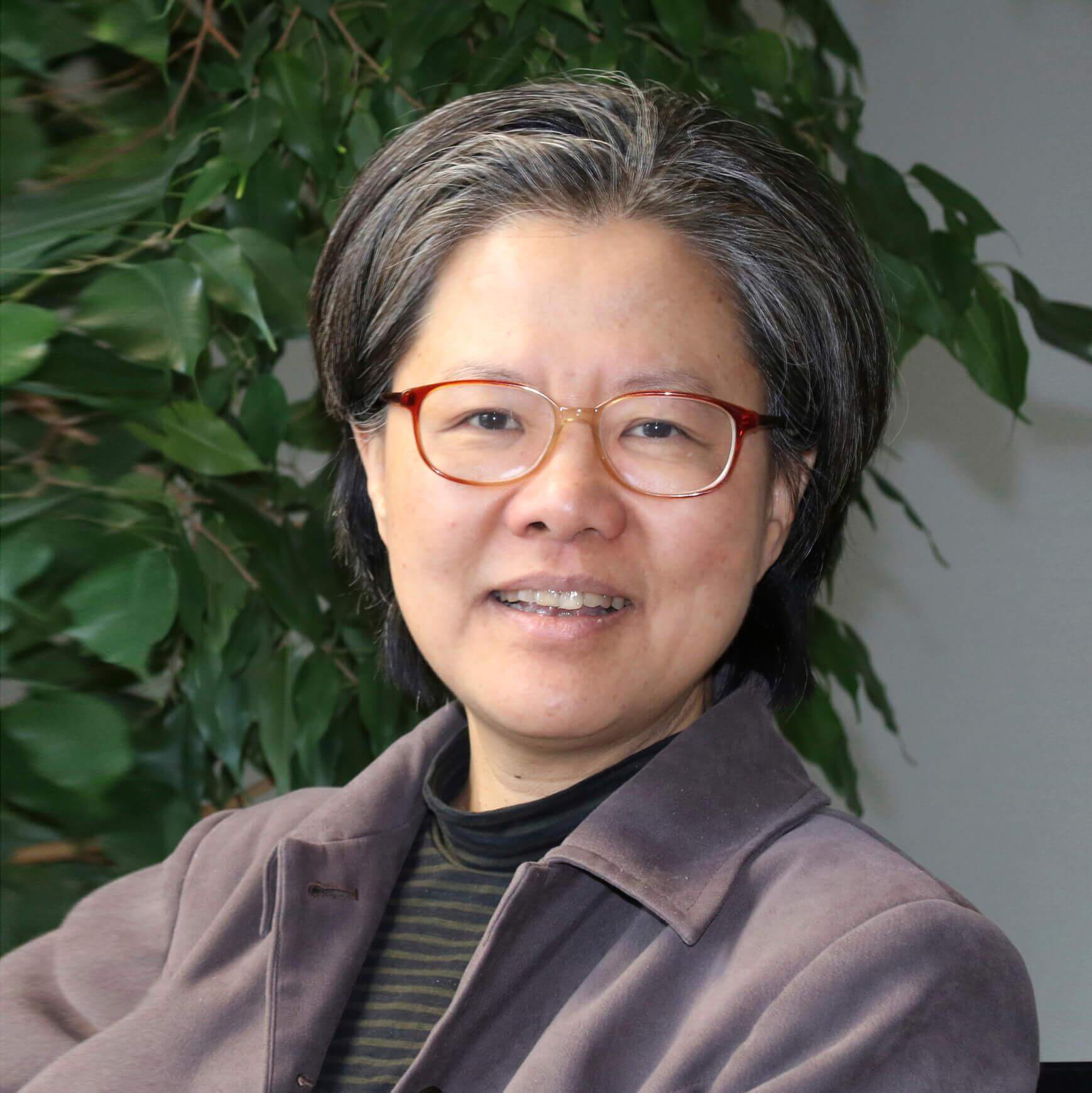
I obtained my B.S. in Physics in 1984 from Fudan University, Shanghai, and Ph.D. in Physics in 1989 from California Institute of Technology. I was a postdoctoral researcher in Fermi National Laboratory in Batavia, Illinois USA, Institute for Advanced Study in Princeton New Jersey, USA, and Rockefeller University in New York USA. I have been a faculty member in Computer Science in Hong Kong University of Science and Technology, and was a visiting scientist at various academic institutions. In 1998, my colleagues and I co-founded the Gatsby Computational Neuroscience Unit in University College London. From Oct. 2018, I am a professor in University of Tuebingen and am the Head of the Department of Sensory and Sensorimotor Systems at the Max Planck Institute for Biological Cybernetics in Tuebingen, Germany. My research experience throughout the years ranges from areas in high energy physics to neurophysiology and marine biology, with most experience in understanding the brain functions in vision, olfaction, and in nonlinear neural dynamics. In late 90s and early 2000s, I proposed a theory (which is being extensively tested) that the primary visual cortex in the primate brain creates a saliency map to automatically attract visual attention to salient visual locations. This theory, and the supporting experimental evidence, have led me to propose a new framework for understanding vision. I am the author of Understanding Vision: theory, models, and data , Oxford University Press, 2014.
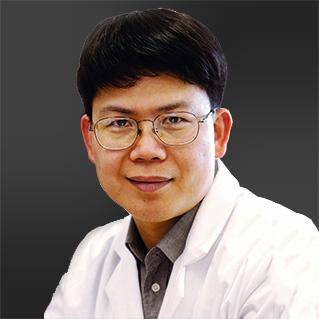
Investigator, Howard Hughes Medical Institute; Professor, the University of Texas; Director, Inflammation Research Center; George L. MacGregor Distinguished Chair, Biomedical Science at UT Southwestern; the Breakthrough Prize Laureate; Member, American National Academy of Sciences
Zhijian ‘James’ Chen is an Investigator of Howard Hughes Medical Institute, and Professor in the Department of Molecular Biology at the University of Texas Southwestern Medical Center at Dallas. He is also Director of Inflammation Research Center and George L. MacGregor Distinguished Chair in Biomedical Science at UT Southwestern. Prior to moving to Dallas, Chen was a senior scientist at ProScript Inc. where he helped discover the proteasome inhibitor VELCADE, a medicine used for the treatment of multiple myeloma. After joining UT Southwestern in 1997, Chen discovered the regulatory role of ubiquitination in protein kinase activation in the NF-κB and MAP kinase pathways. In addition, he discovered the Mitochondrial Antiviral Signaling (MAVS) protein that reveals a new role of mitochondria in immunity. More recently, Chen discovered cyclic GMP-AMP synthase (cGAS) as a cytosolic DNA sensor and a new cyclic di-nucleotide signaling pathway that mediate innate immune responses in animal cells. For his work, Chen has received numerous honors including the National Academy of Science Award in Molecular Biology (2012), the American Society of Biochemistry and Molecular Biology (ASBMB) Merck Award (2015), the Lurie Prize in Biomedical Sciences from the Foundation of NIH (2018) and the Breakthrough Prize in Life Sciences (2019). Chen is a member of the National Academy of Sciences.
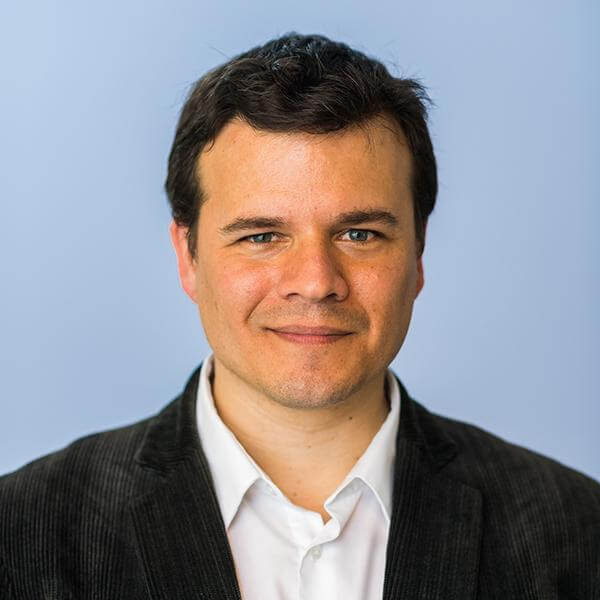
Pablo Jarillo-Herrero is currently Cecil and Ida Green Professor of Physics at MIT. He received his "Licenciatura" in physics from the University of Valencia, Spain, in 1999. Then he spent two years at the University of California in San Diego, where he received a M.Sc. degree before going to the Delft University of Technology in The Netherlands, where he earned his Ph.D. in 2005. After a one-year postdoc in Delft, he moved to Columbia University, where he worked as a NanoResearch Initiative Fellow. He joined MIT as an assistant professor of physics in January 2008 and received tenure in 2015. He was promoted to Full Professor of Physics in 2018. His awards include the Spanish Royal Society Young Investigator Award (2006), an NSF Career Award (2008), an Alfred P. Sloan Fellowship (2009), a David and Lucile Packard Fellowship (2009), the IUPAP Young Scientist Prize in Semiconductor Physics (2010), a DOE Early Career Award (2011), a Presidential Early Career Award for Scientists and Engineers (PECASE, 2012), an ONR Young Investigator Award (2013), and a Moore Foundation Experimental Physics in Quantum Systems Investigator Award (2014). Prof. Jarillo-Herrero has been selected as a Highly Cited Researcher by Clarivate Analytics-Web of Science (2017-2019), and was elected APS Fellow (2018), Fellow of the Quantum Materials Program of the Canadian Institute Condensed Matter Physics (2019). Prof. Jarillo-Herrero is the recipient of the APS 2020 Oliver E. Buckley Condensed Matter Physics Prize.
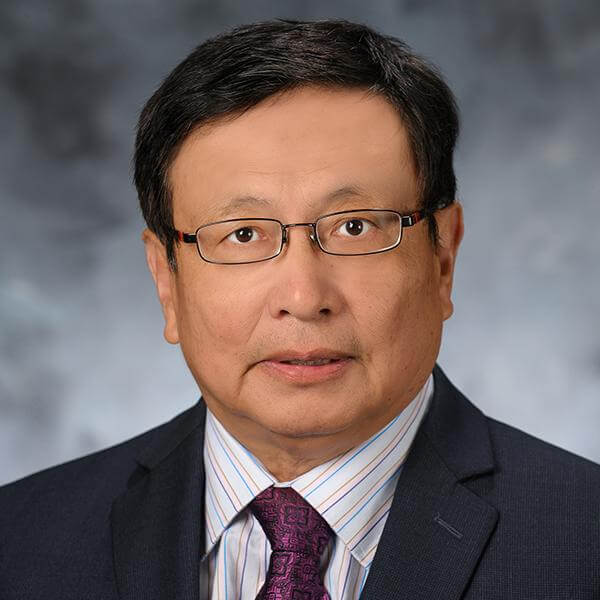
Current Position
Professor of Mathematics
Institution
Department of Mathematics, University of California at Santa Barbara
Degree Awarded
Ph.D in Mathematics, Purdue University, 1991
M. S. in Mathematics, Peking University, 1984
B. S. in Mathematics, Peking University, 1982
Awards and Recognitions
2018 AAEOY Lifetime Achievement Award
2016 Qiushi Distinguished Scientist Prize
2014 MacArthur Fellow
2014 Rolf Shock Prize
2014 Frank Nelson Cole Prize in Number Theory
2013 Ostrowski Price
2013 Morningside Special Achievement Award in Mathematics
Academician of Academia Sinica (Taiwan, 2014)
Plenary Speaker at 2014 International Congress of Mathematicians
Membership for Spring 2014, Institute for Advanced Study
Publication
General divisor functions in arithmetic progressions to large moduli, (with Fei Wei and
Boqing Xue) Sci. China Math., 59(2016), no. 9, 1663-1668
Bounded gaps between primes, Ann. of Math., (2)179(2014), no. 3, 1121-1174
On the zeros of ζ0(s) near the critical line, Duke Math. J., 110(2001), no. 3, 555-572
Two theorems on the zero density of the Riemann zeta function, Acta Math. Sinica, vol.
1, 3(1985), 274-284
Work Experiences
1999-2014, Lecturer, University of New Hampshire
2014-2016, Professor, University of New Hampshire
2016-Now, Professor, University of California at Santa Barbara
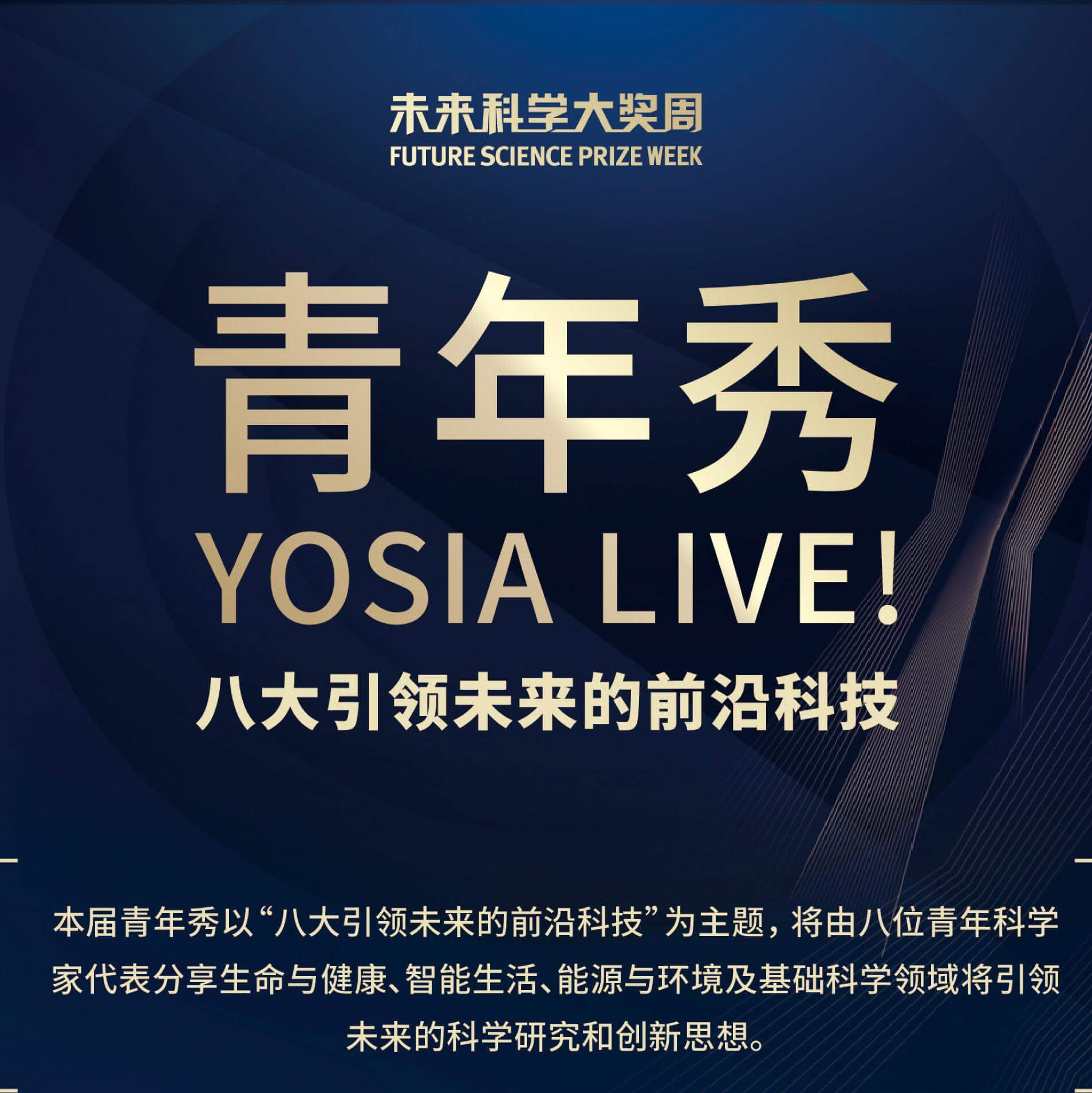

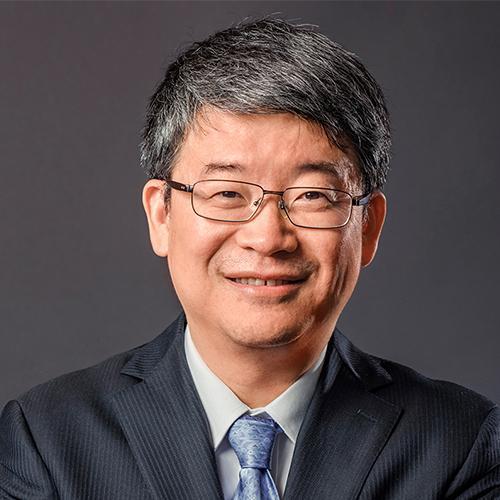
Dr. Hong Ding is professor of Institute of Physics, Chinese Academy od Sciences, managing director and chief scientist of Beijing National Laboratory for Condensed Matter Physics. Dr. Ding obtained his BS degree in physics from Shanghai Jiao Tong University in 1990 and his PhD degree in physics from University of Illinois at Chicago in 1995. He was a Postdoctoral Fellow in Argonne National Laboratory from 1996 to 1998. He joined the Department of Physics at Boston College as assistant professor in 1998, and became associate professor in 2003 and full professor in 2007. He joined the Institute of Physics, Chinese Academy of Sciences in 2008. Over the past 20 years, he has made important contributions to understanding of high temperature superconductors and topological materials by measuring their electronic structure using angle-resolved photoelectron spectroscopy. He has published more than 200 papers with a total citation number over 11000. Dr. Ding won Sloan Research Fellowship Award in 1999, was elected as American Physical Society Fellow in 2011.
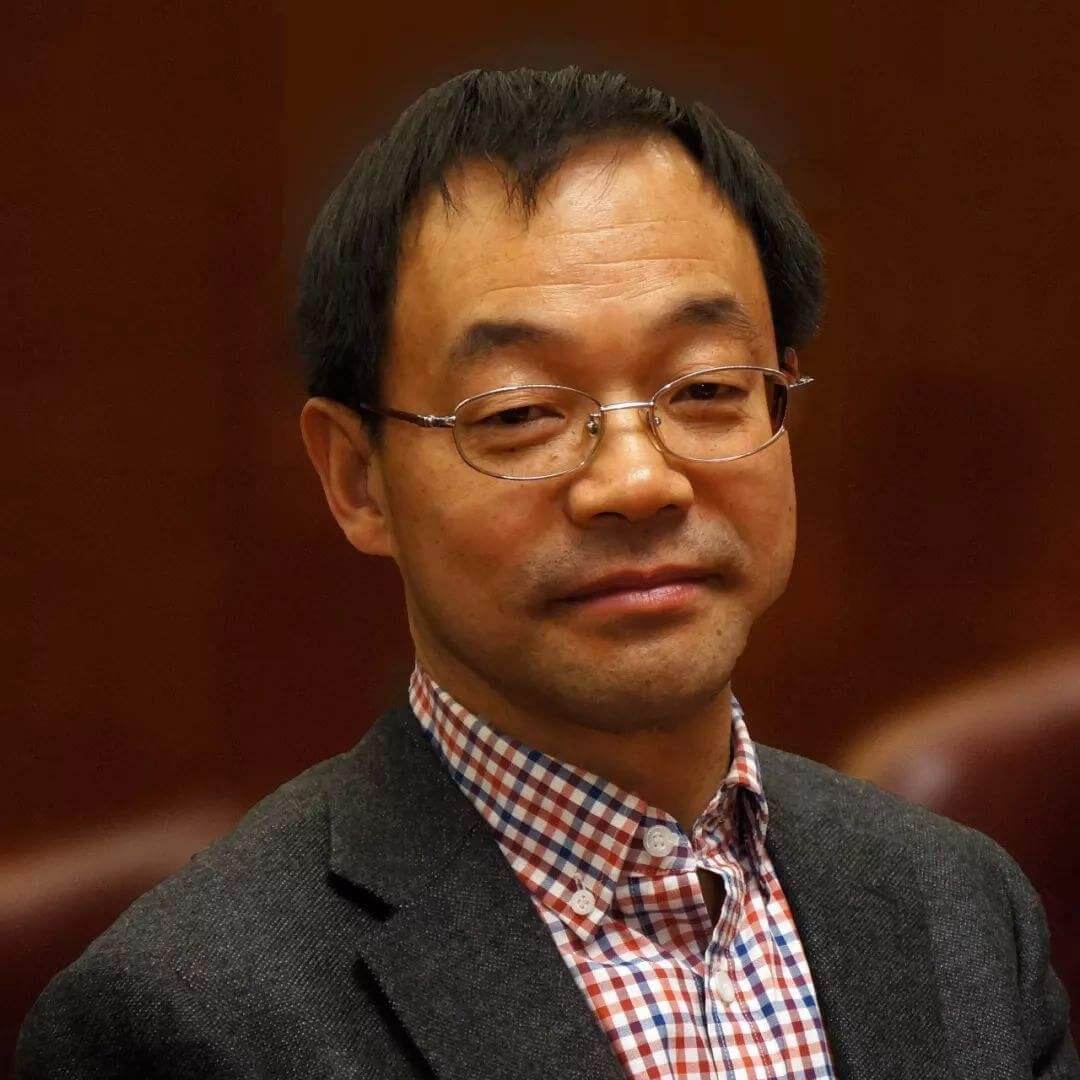
WU Xiang-Ping is a professor of astrophysics at National Astronomical observatories, Chinese Academy of Sciences. He has been engaged in doing research on cosmology, including the construction of 21CMA in the Tianshan Mountains of western China, the first low-frequency radio array dedicated to the detection of the epoch of reionization. He is currently leading the Chinese SKA science team towards transforming our understanding of the universe. Prof. Wu was selected as the member of the Chinese Academy of Sciences in 2011, and has also served as the Dean of the School of Astronomy and Space Science in University of Chinses Academy of Sciences since 2017 and the member of Standing Committee, China Association for Science and Technology since 2016.

Qilin Zhou is a professor at the College of Chemistry, Nankai University, and an academician of the Chinese academy of Sciences. He graduated from Lanzhou University and earned his Ph.D. from the Shanghai Institute of Organic Chemistry of the Chinese Academy of Sciences. He did postdoctoral research in Switzerland, Germany, and the United States. Professor Zhou Qilin's research focus on organic synthesis, organometallic chemistry, asymmetric catalysis, and chiral drug synthesis. He discovered chiral spiro catalysts, which have showed the highest catalytic activity and enantioselectivity to date in numerous asymmetric synthesis reactions. He received many awards, including the Prize for Creation in Organic Synthesis, the Prize of chiral Chemistry , and the Chemistry Contribution Award of Chinese Chemical Society , as well as the Future Science Prize - Physical Sciences Award and the First Prize of the National Natural Science Award.

Dr. Mau-Chung Frank Chang is the Wintek Chair in Electrical Engineering and Distinguished Professor,UCLA. He was the President of Hsinchu Chiao Tung University (2015-2019), Taiwan and the Chairman of Electrical Engineering Deaprtment at UCLA (2010-2015). Before that, he was the Assistant Director of High Speed Electronics Laboratory of Rockwell Science Center (1983-1997), Thousand Oaks, California. In this tenure, he pioneered and transferred the Heterojunction Bipolar Transistor (HBT) integrated circuit technology from the research laboratory to production line (later became Skyworks). HBT productions have grown into multi-tens-billion dollars of industry and dominated the entire mobile phone power amplifier markets for the past 30 years (currently exceeding 10 billion-units/year and exceeding 80 billion units in the past decade).
Throughout his career, Dr. Chang's research has been focused on research and development of high-speed semiconductor devices and integrated circuits for radio, radar, imaging and interconnect System-on-Chip applications from microwave to Terahertz frequency regimes. He received numerous recognitions, including his member and fellowships with IEEE, the US National Academy of Engineering (2008), Taiwan's Academia Sinica (2012), National Academy of Inventors (2015) and the European Academy of Science and Arts (2022). In recognition of his accomplishment in high-speed electronics, IEEE (US), IET (UK), and Royal Socienty of Edinburgh have bestowed him with prestigious David Sarnoff Award (2006), J.J. Thomson Medal for Achievement in Electronics (2017), and James Clerk Maxwell Medal (2023).








